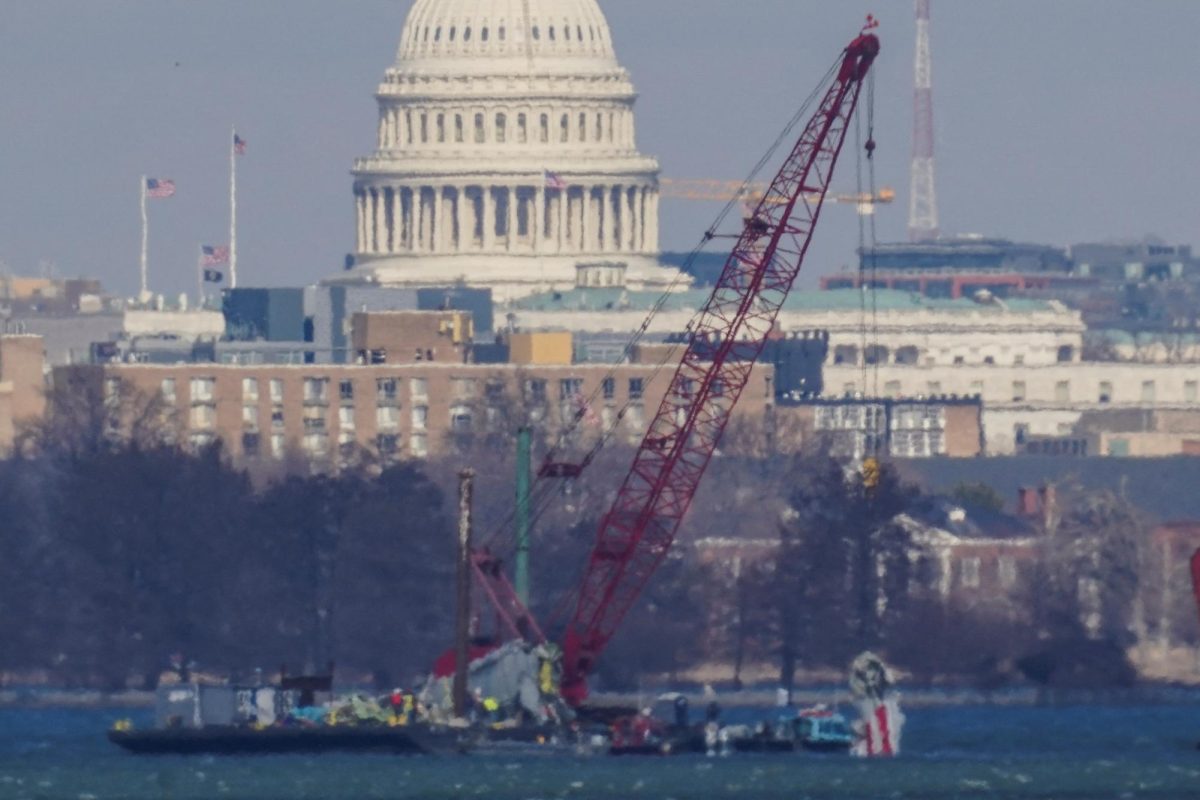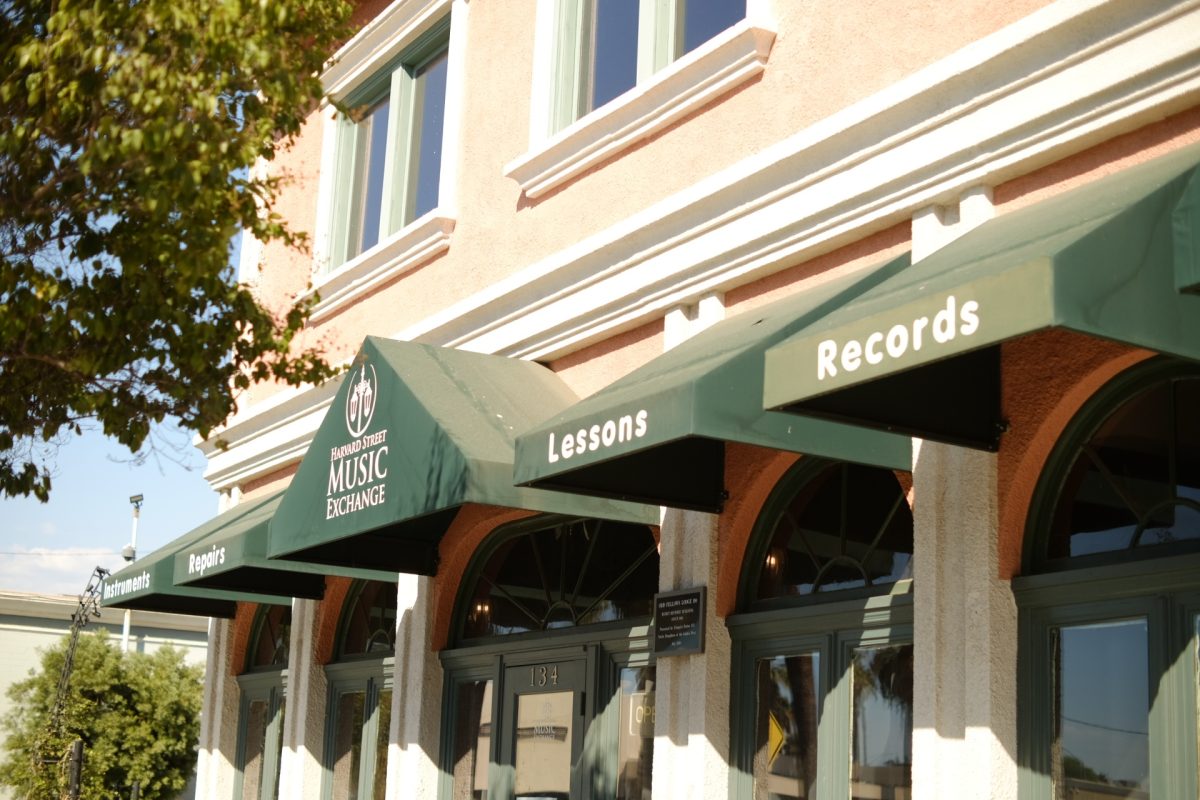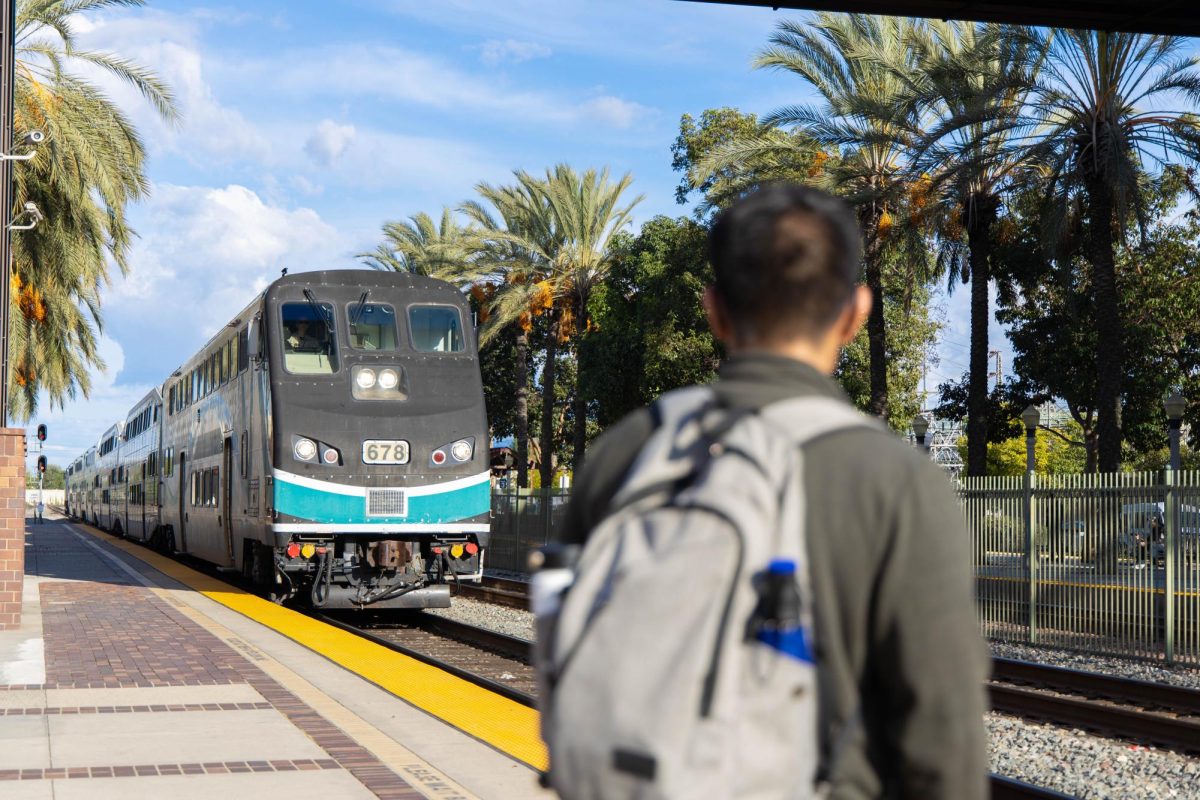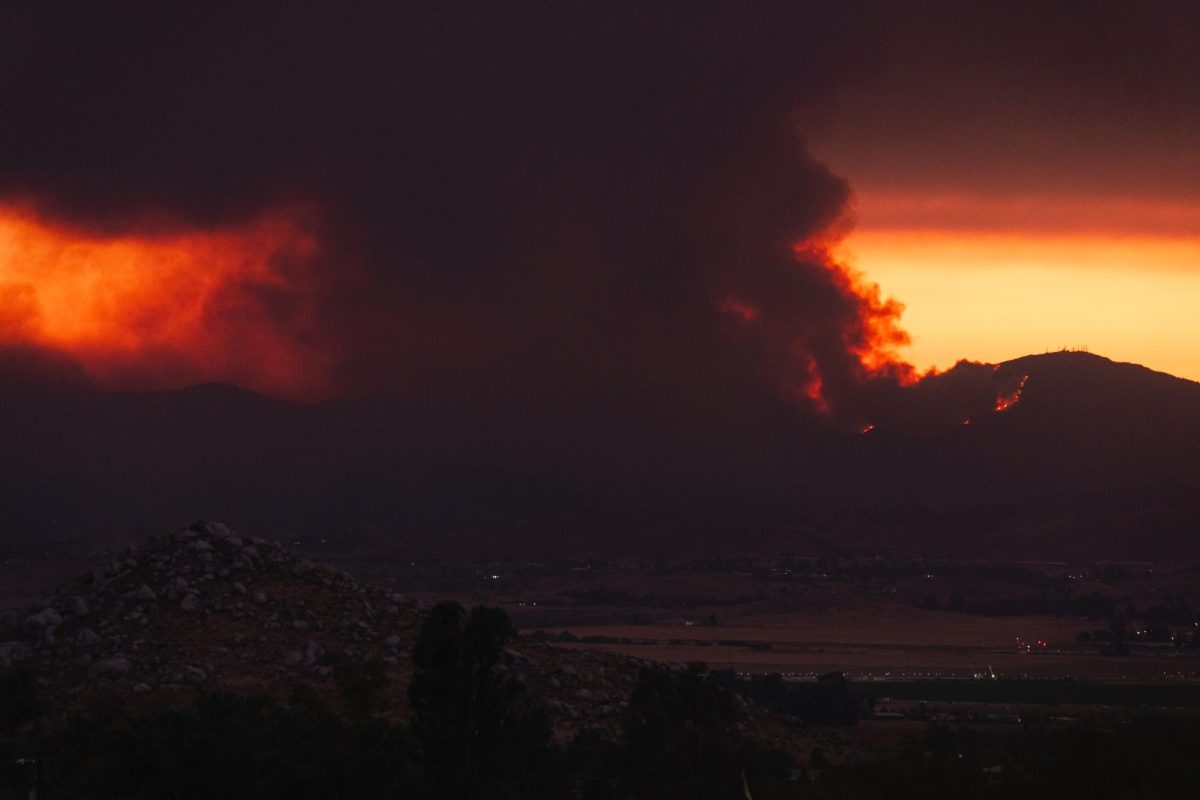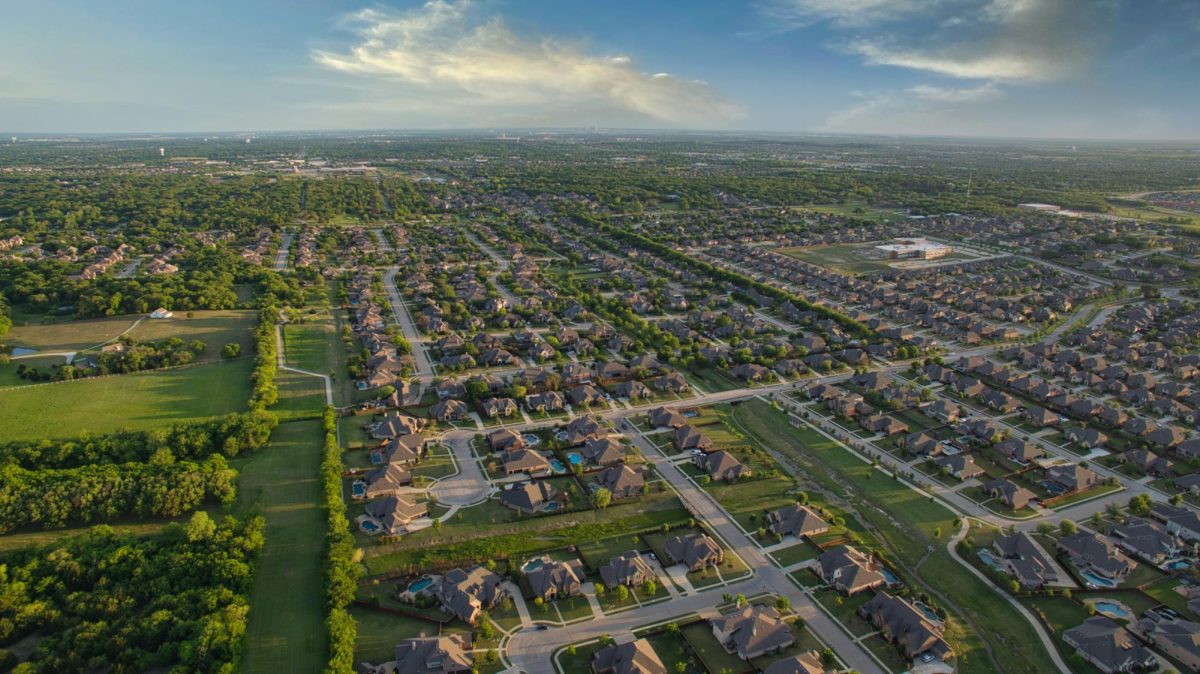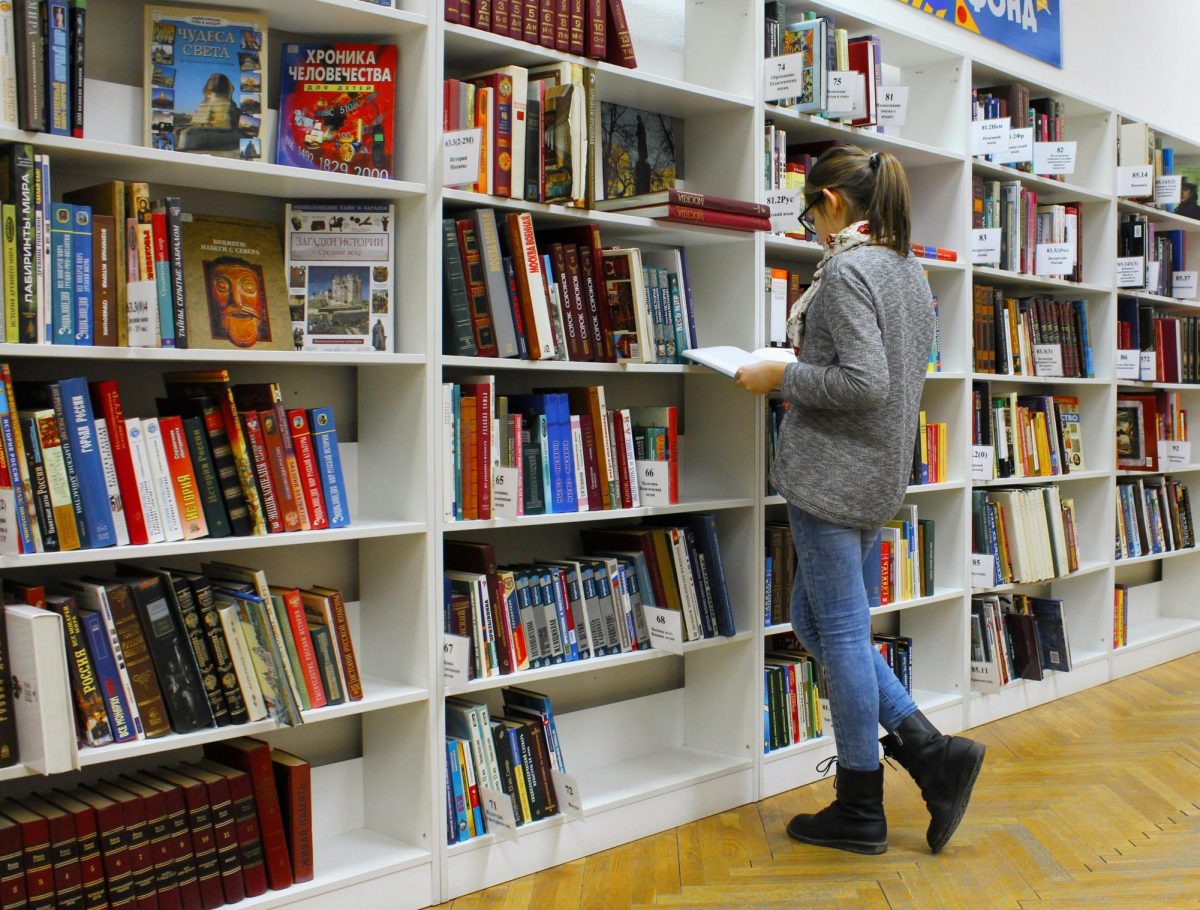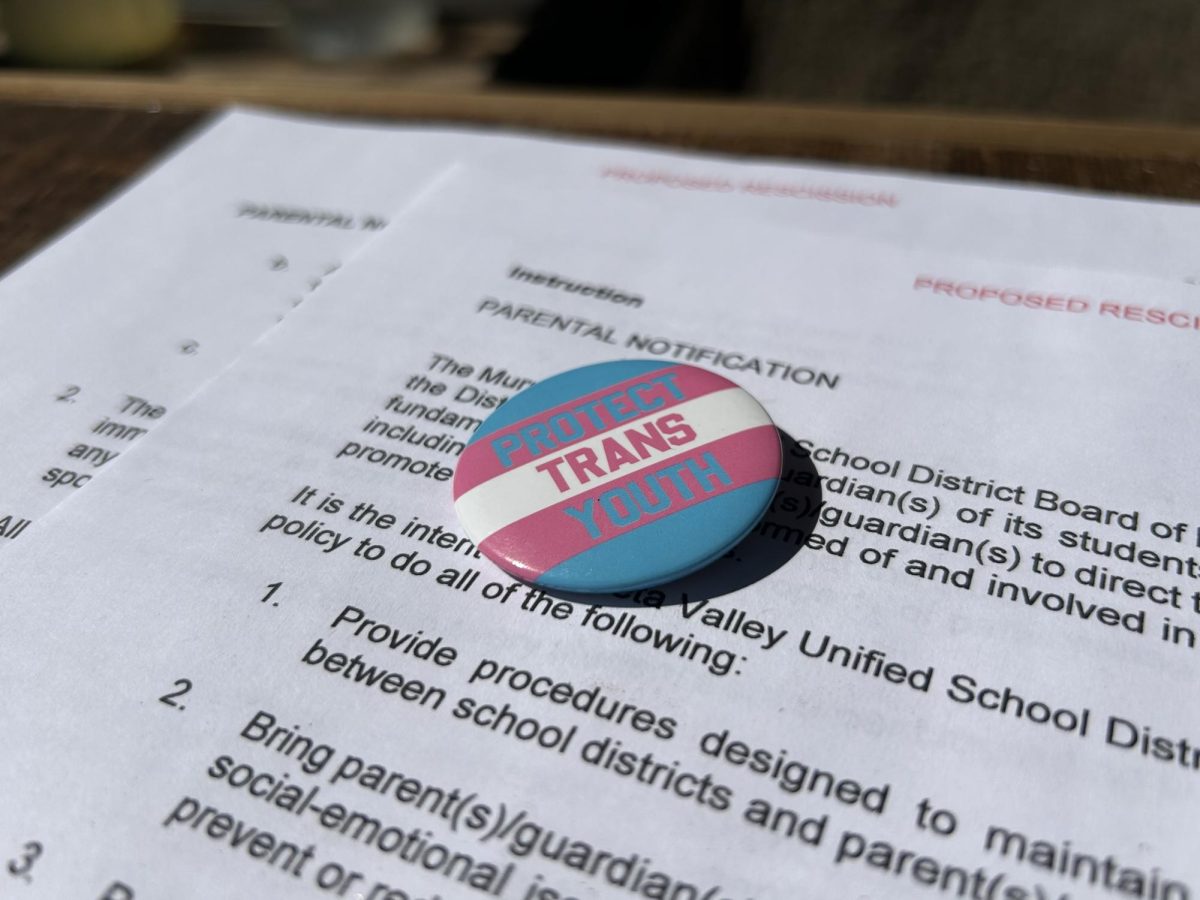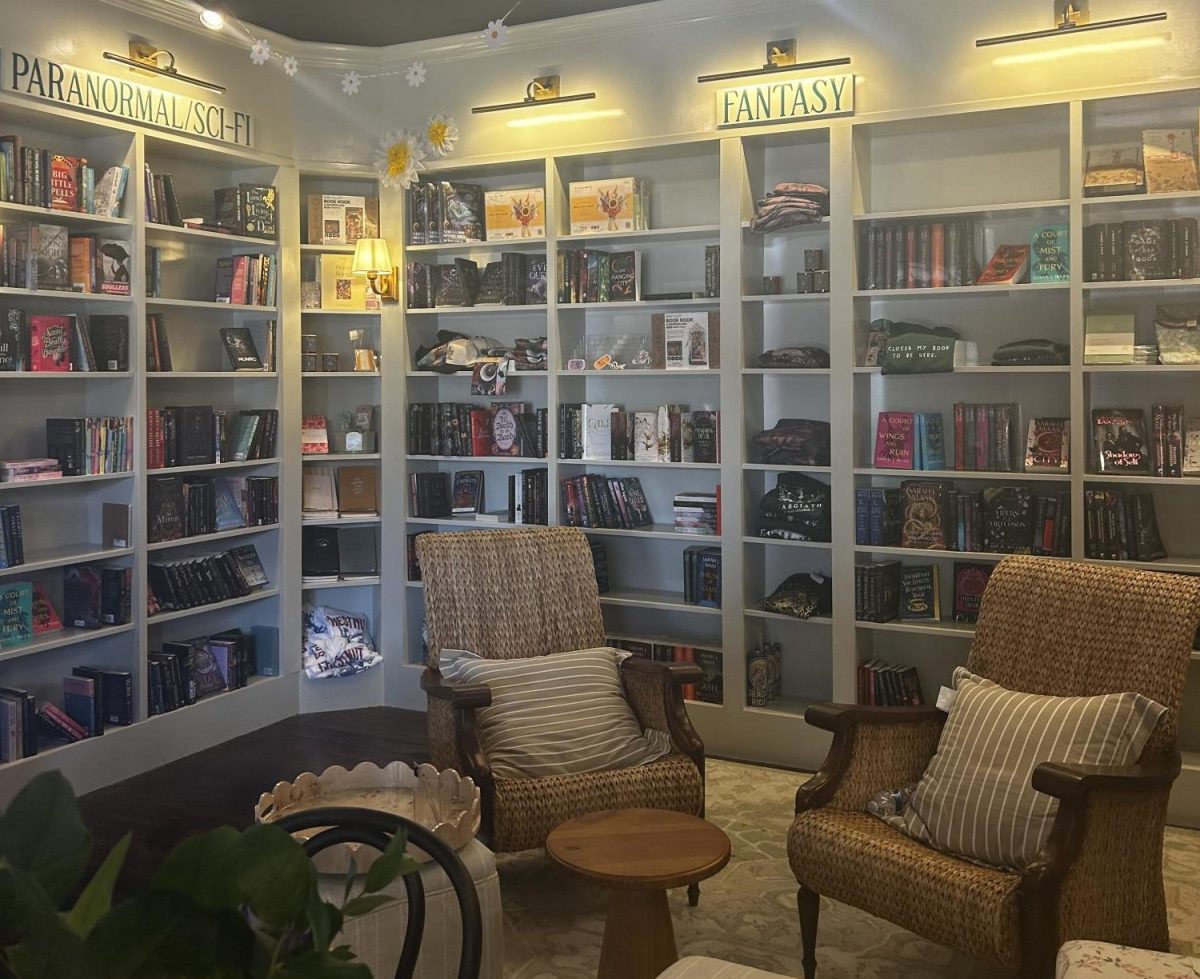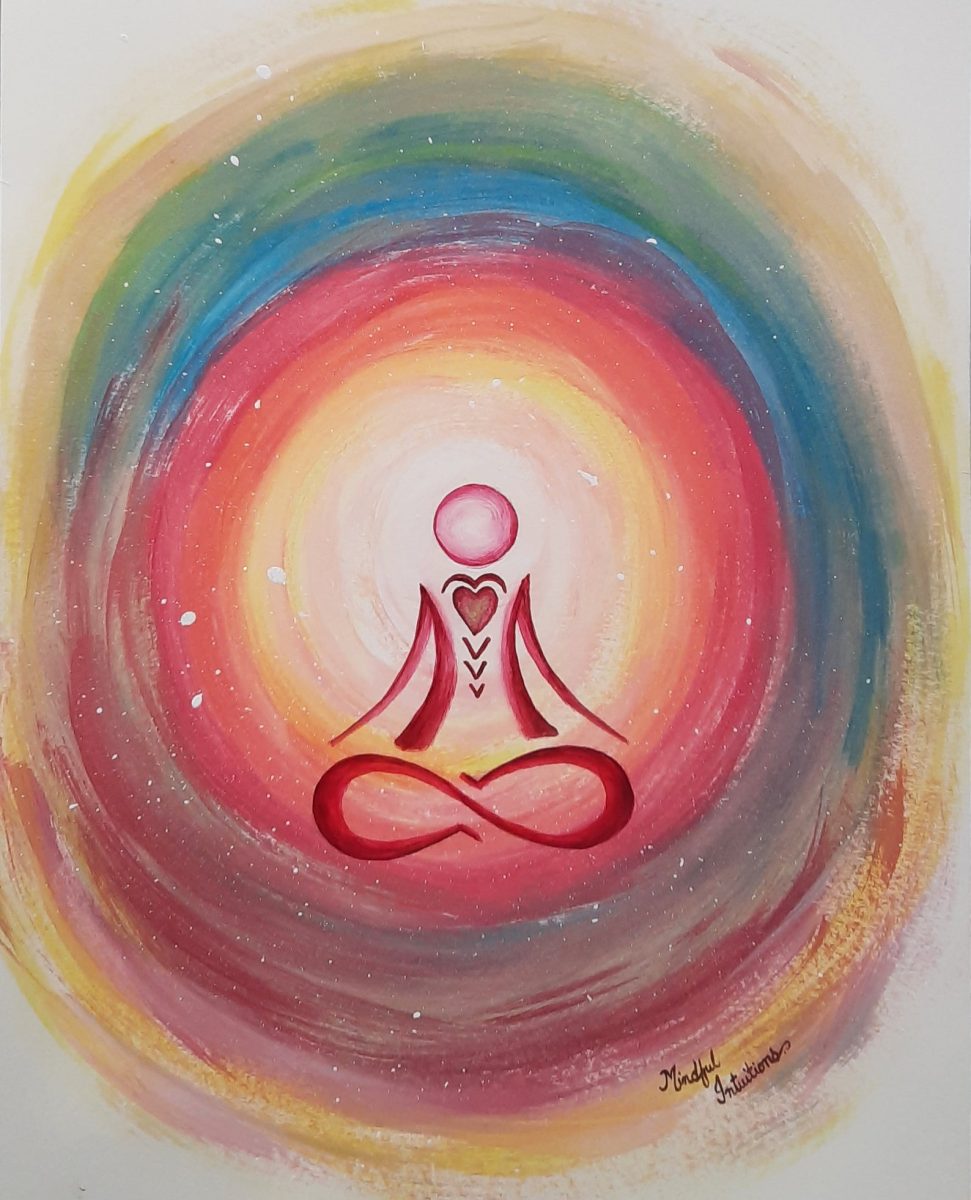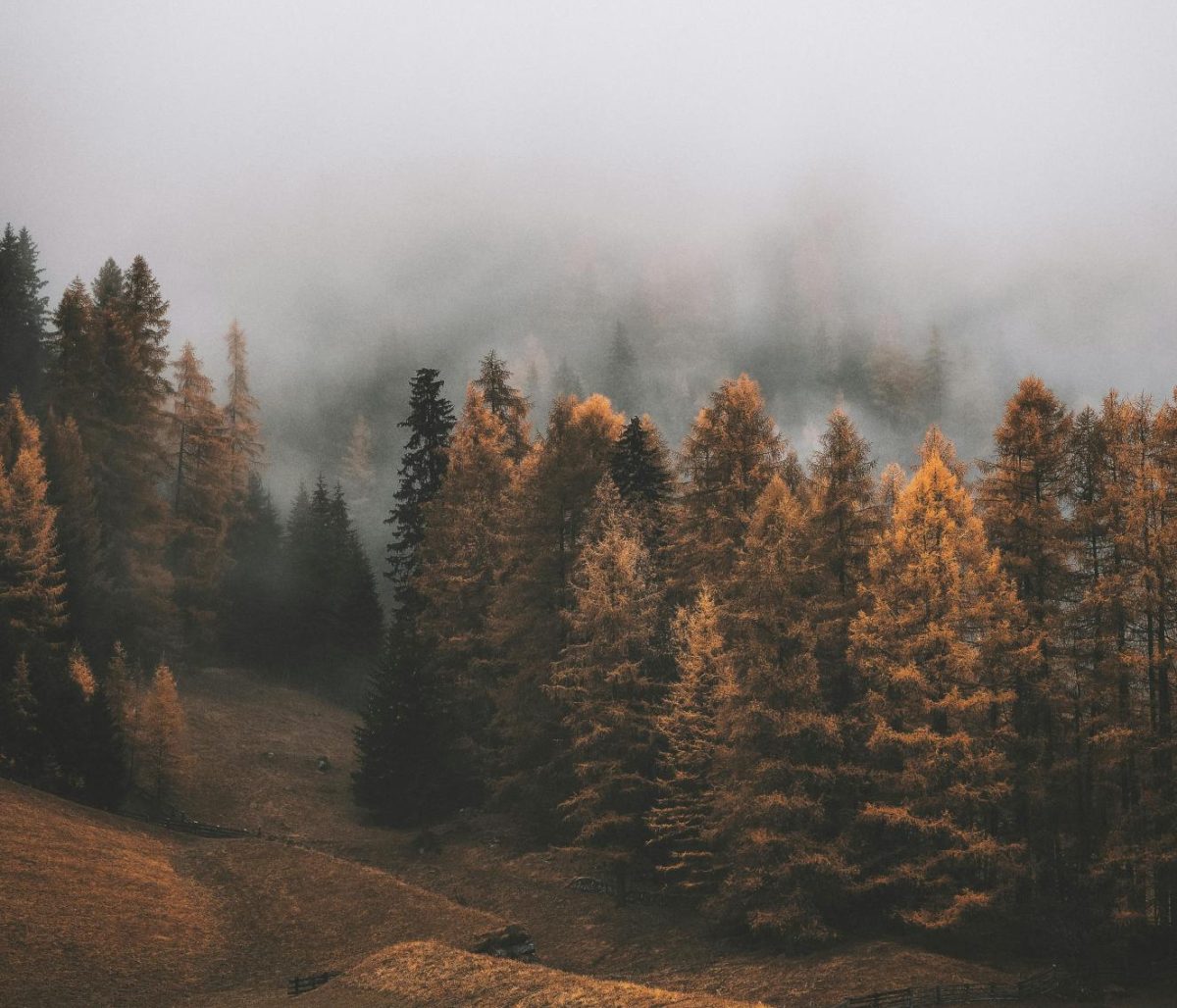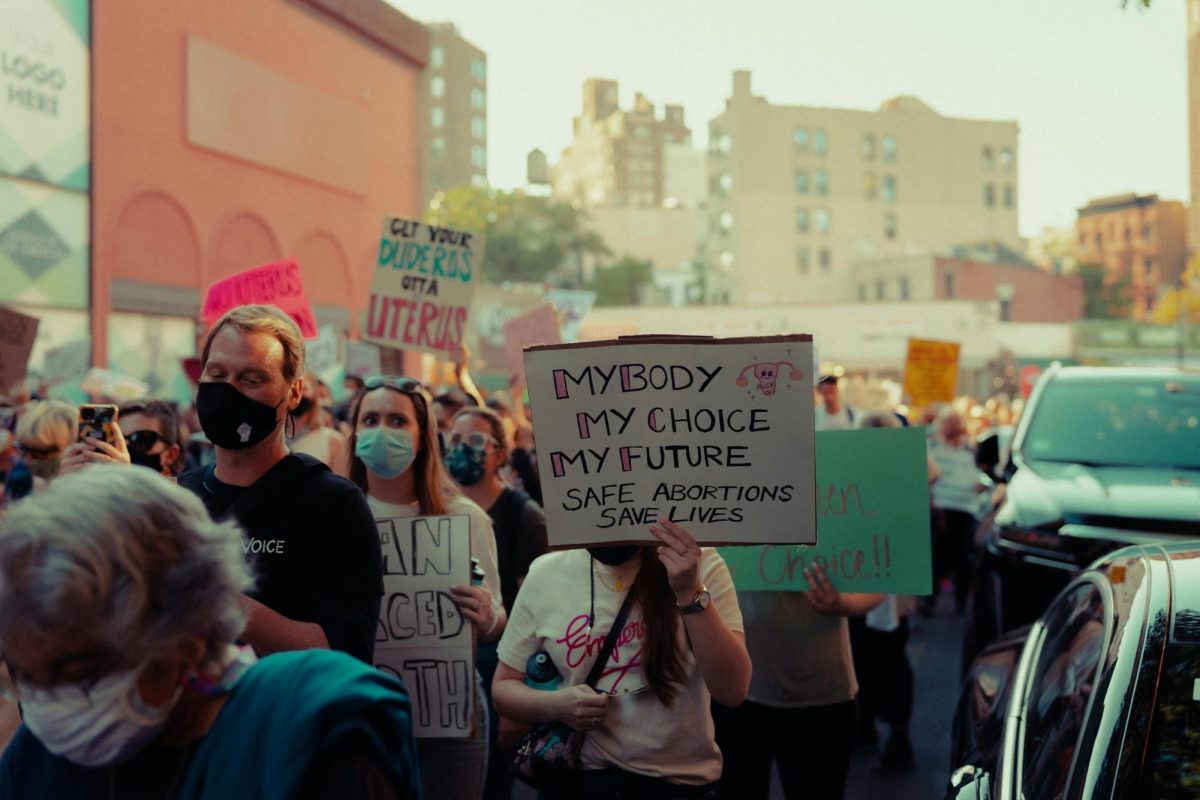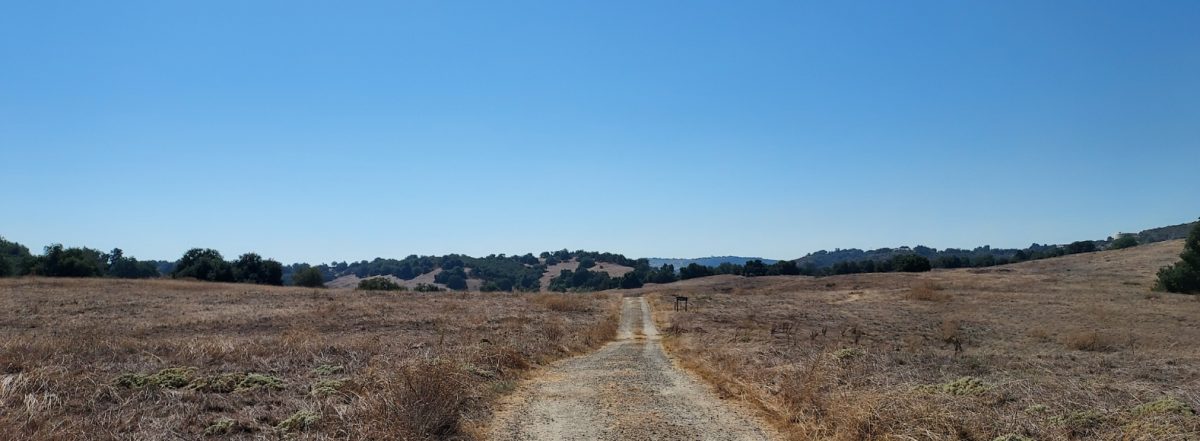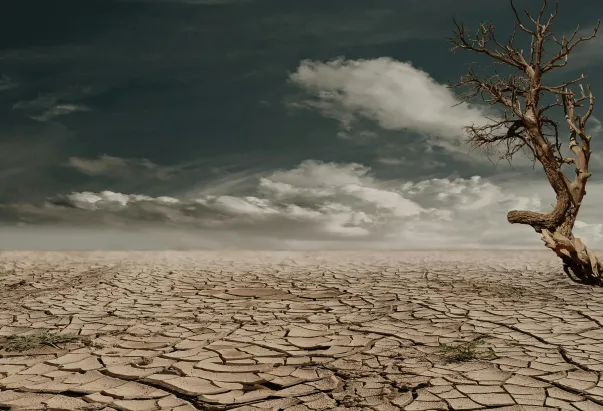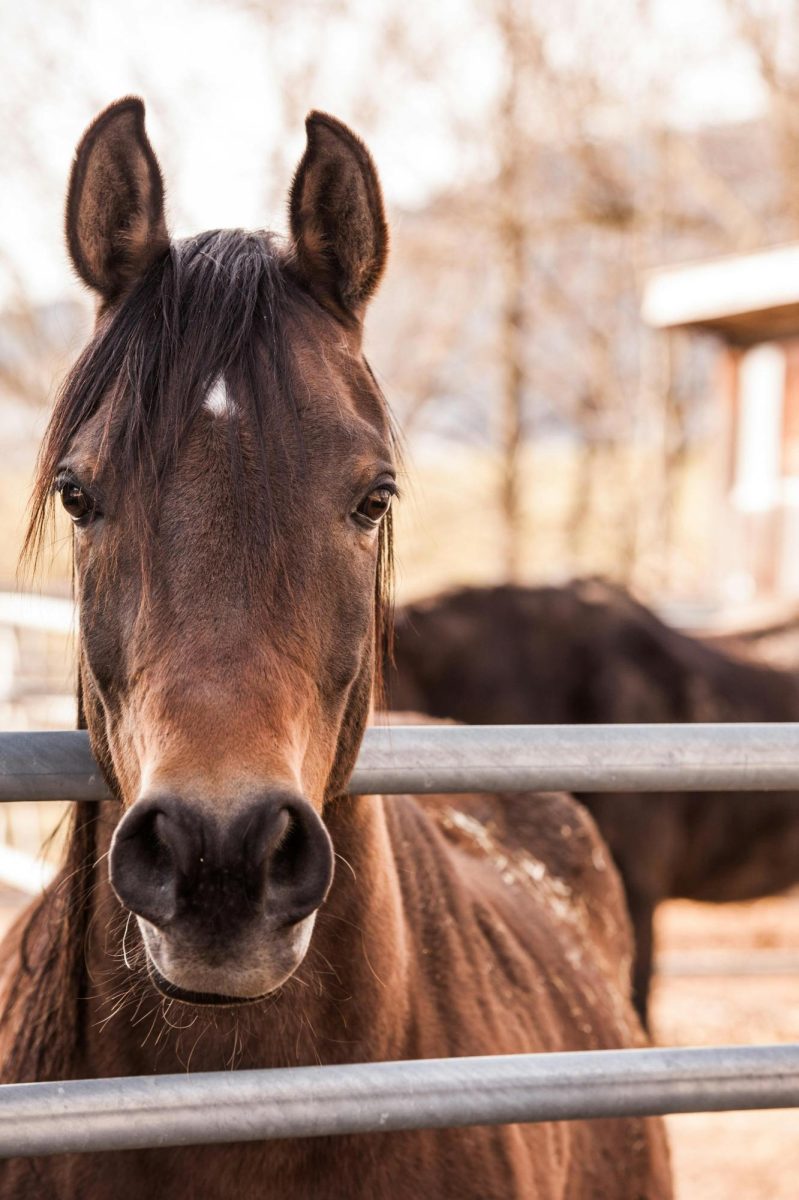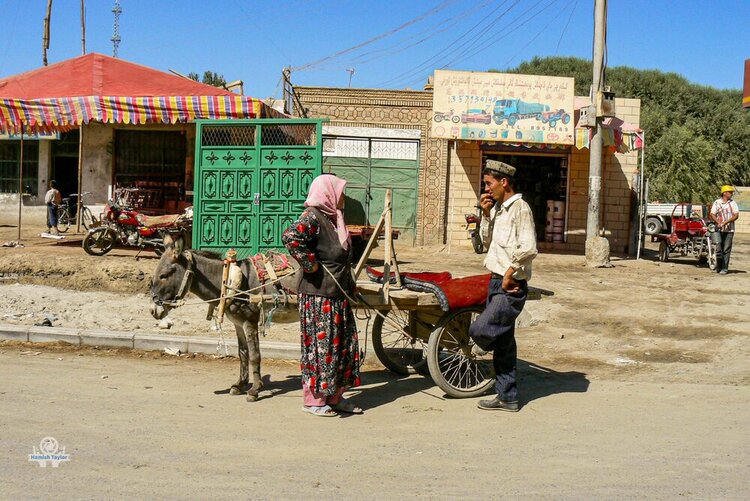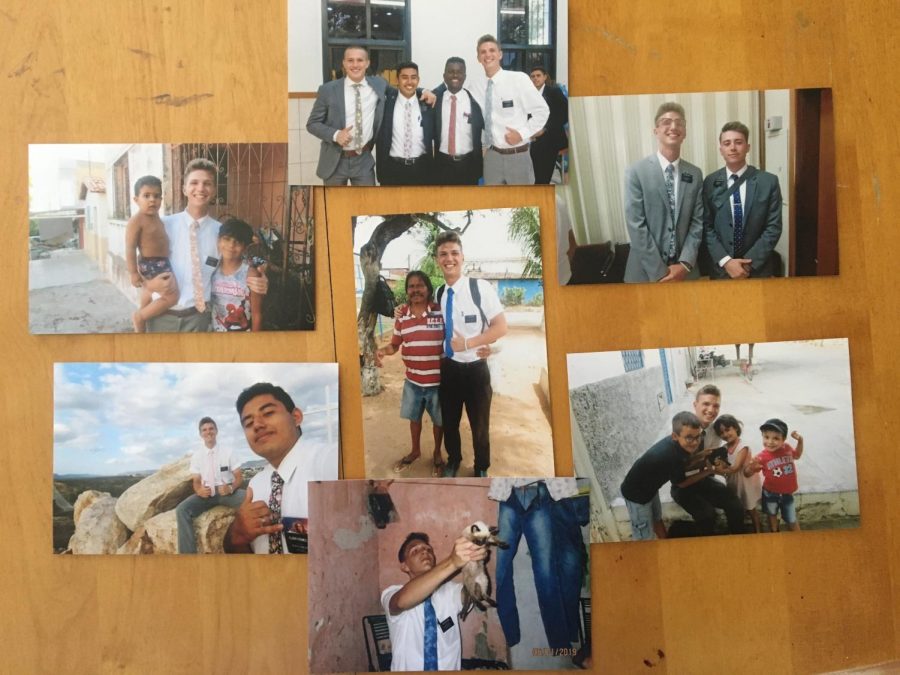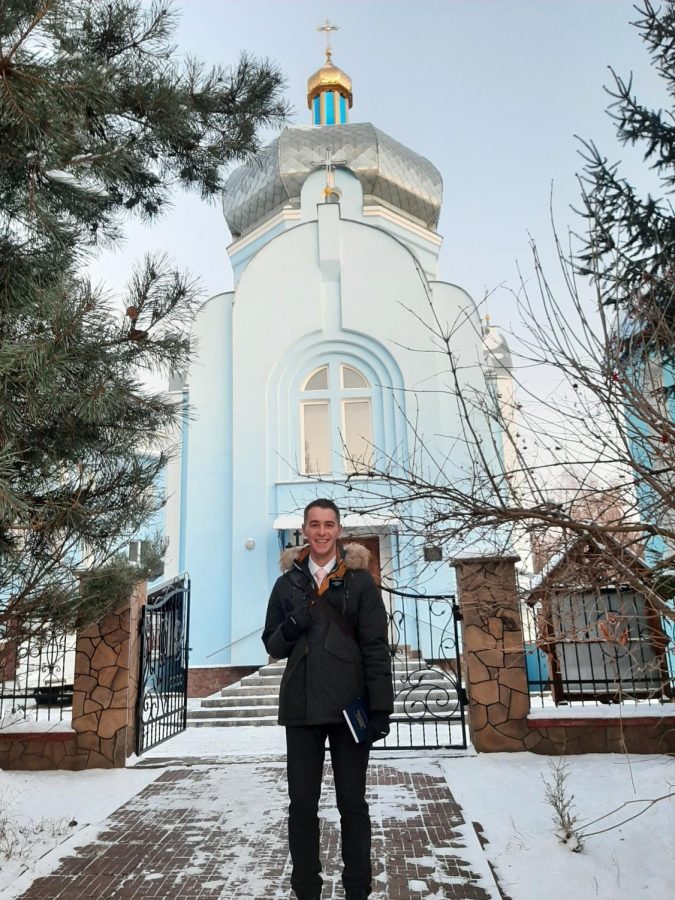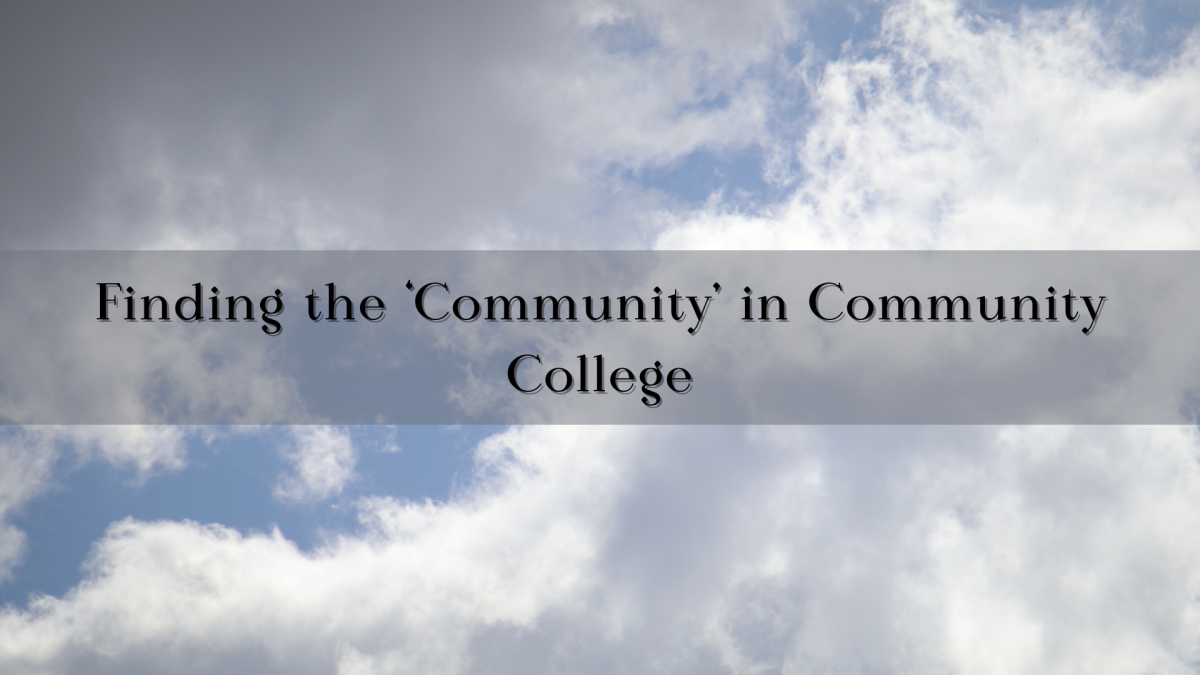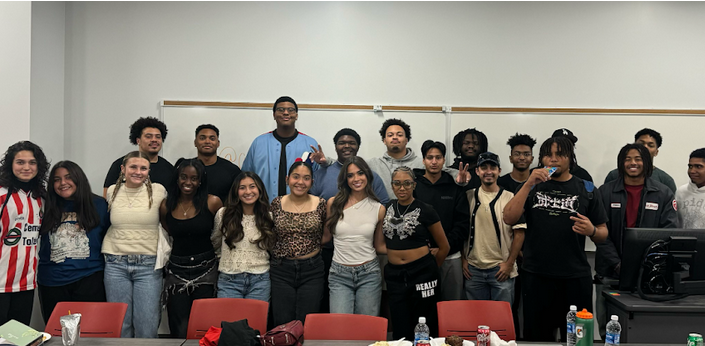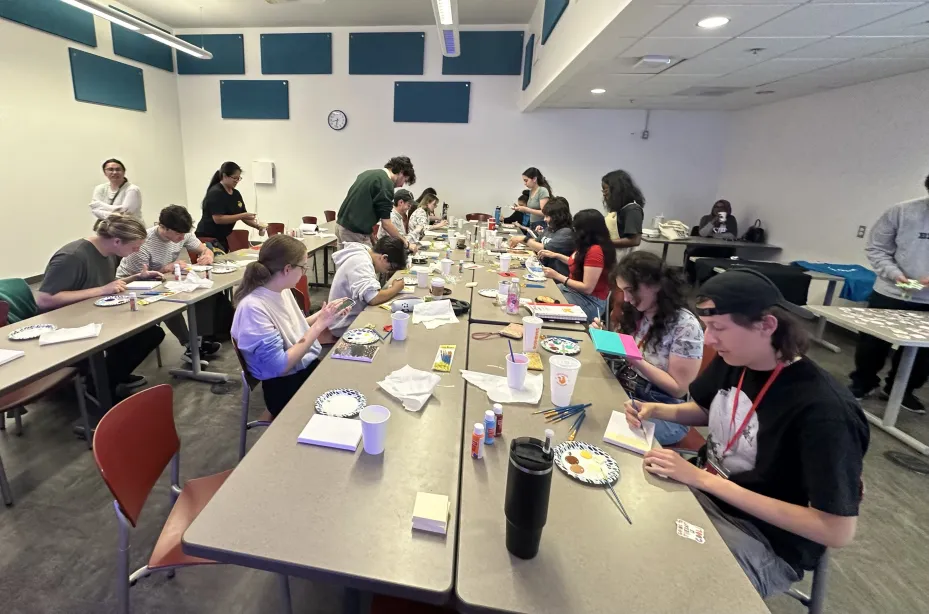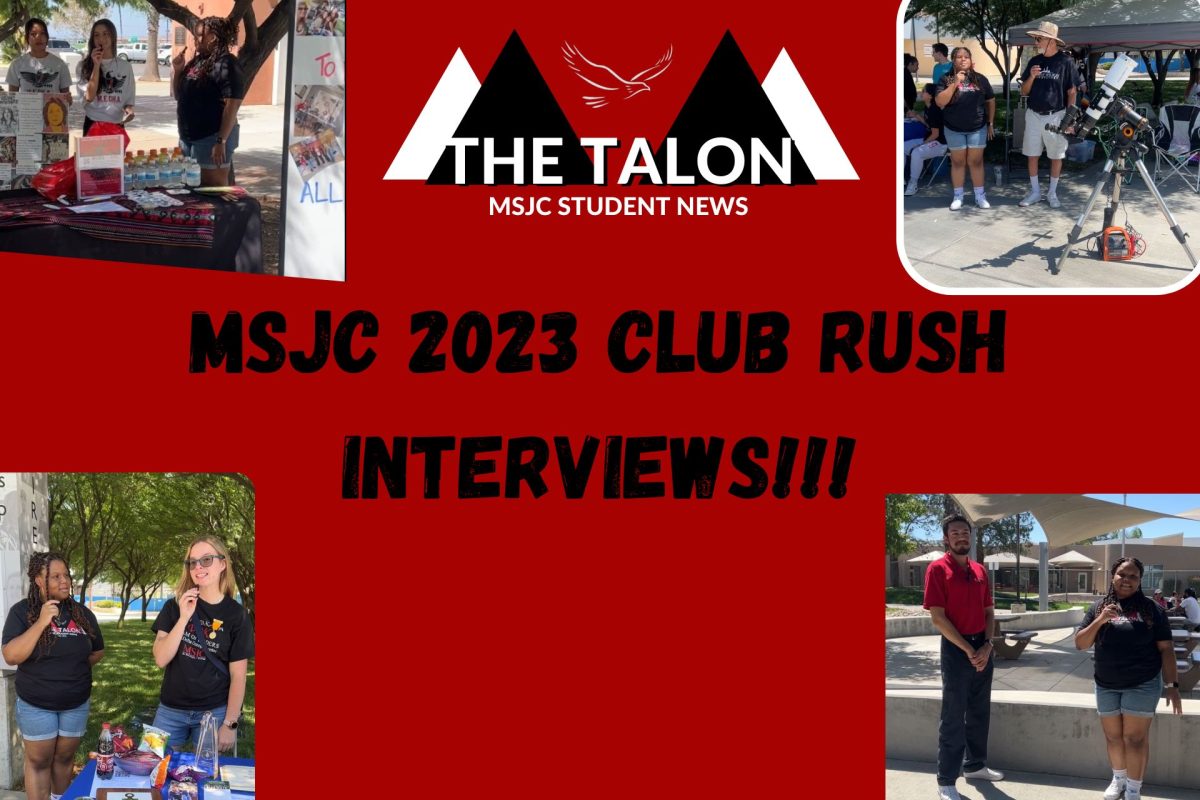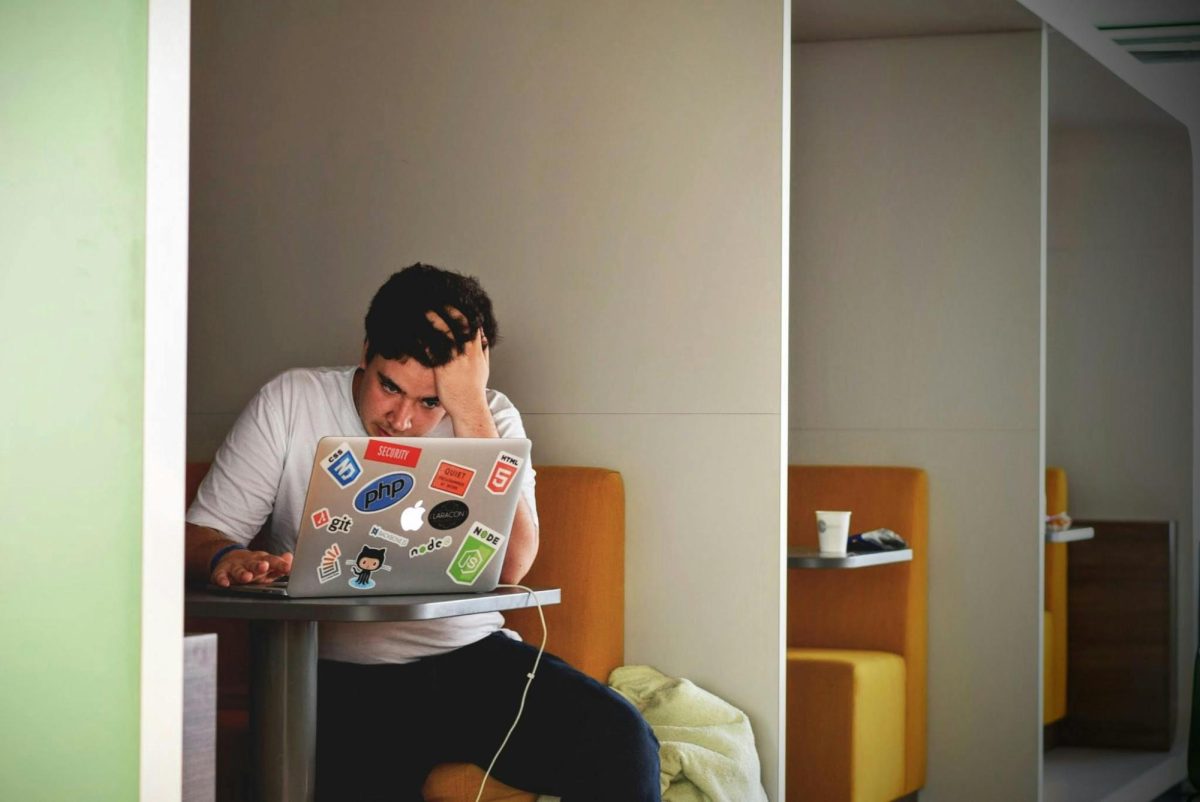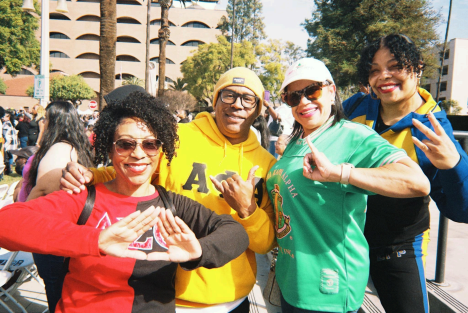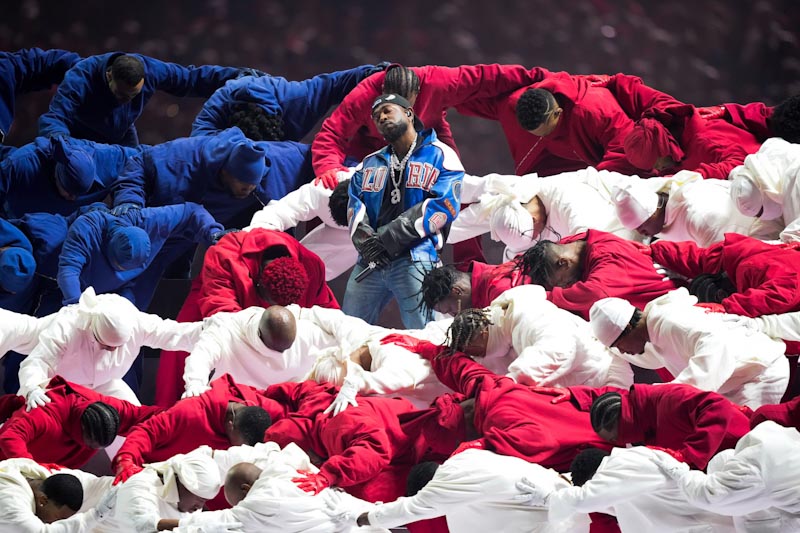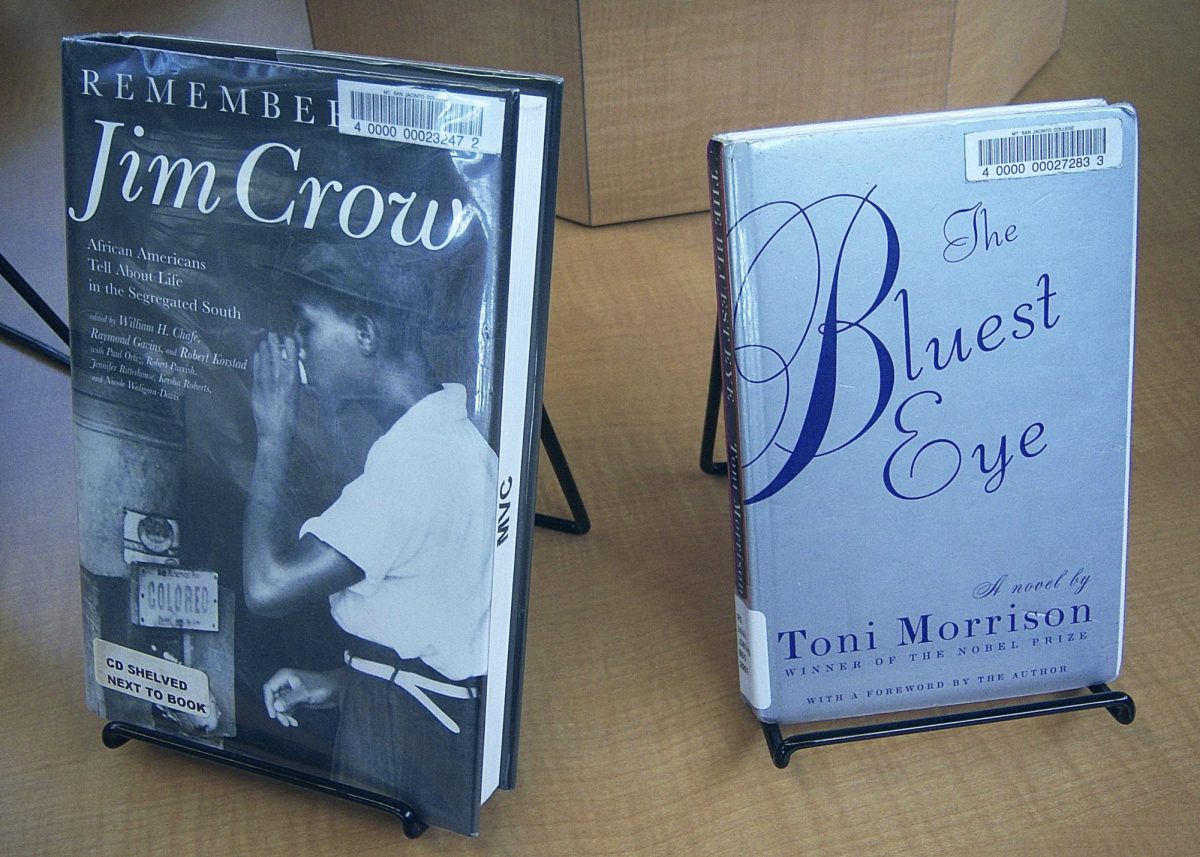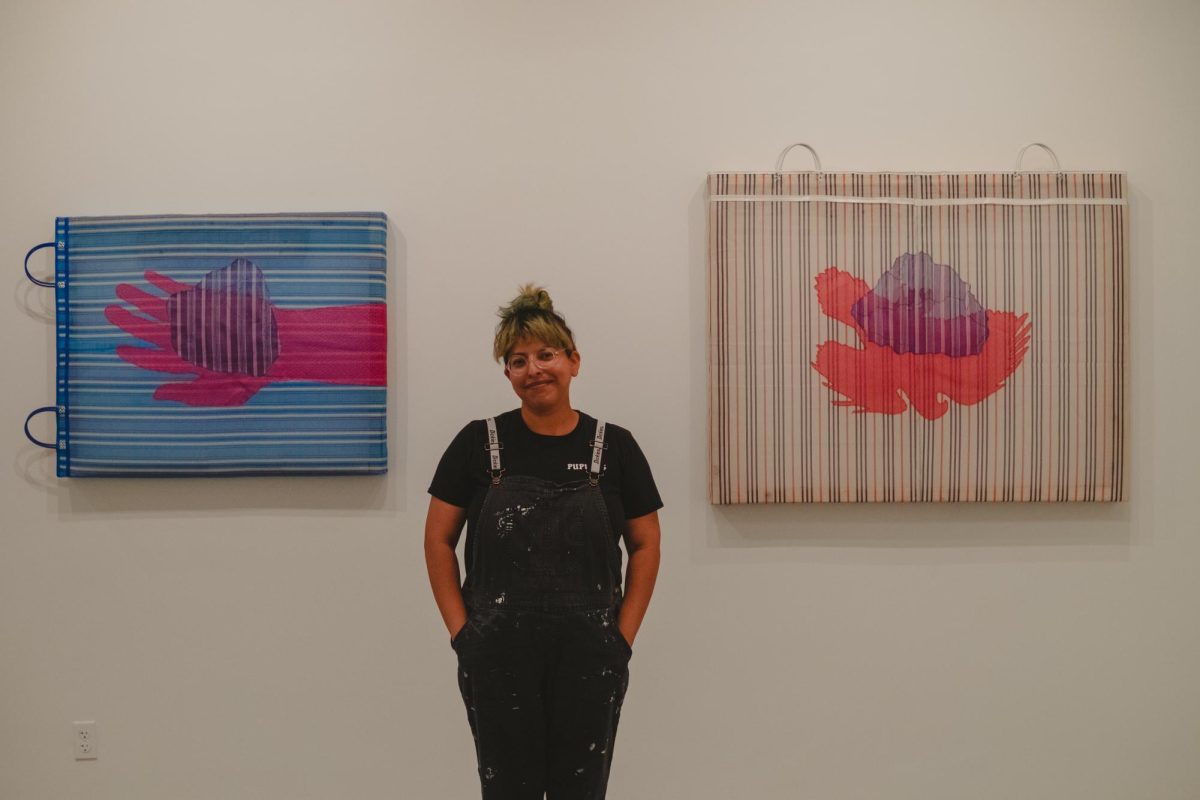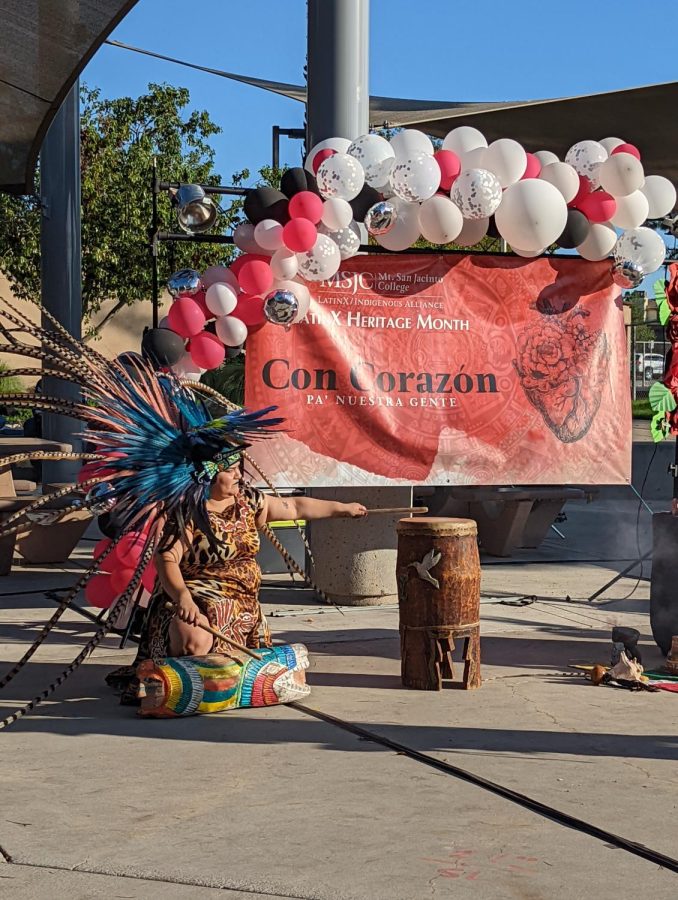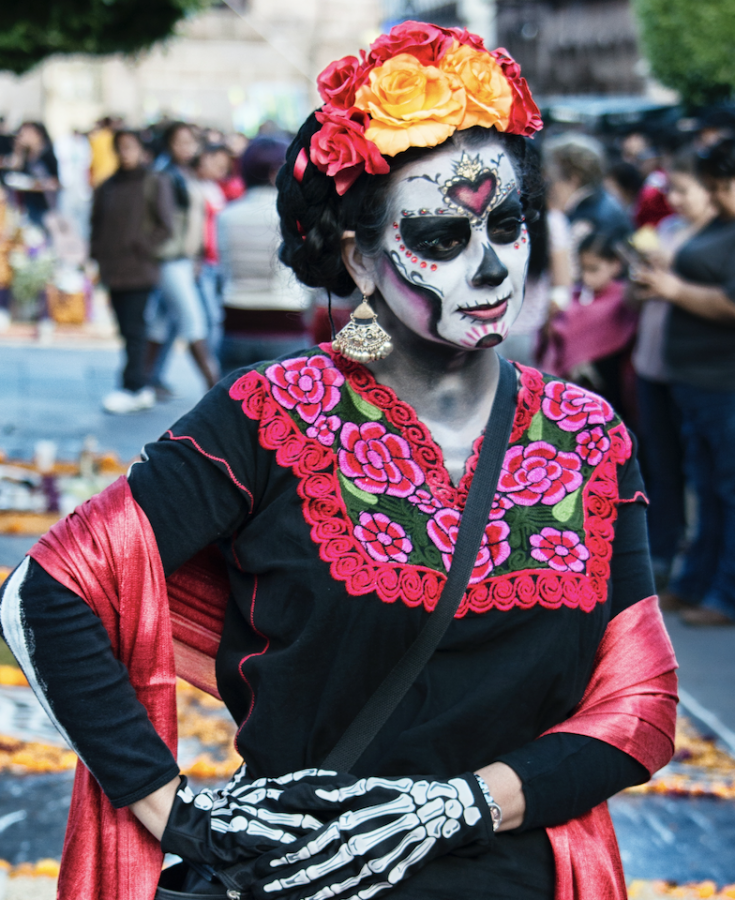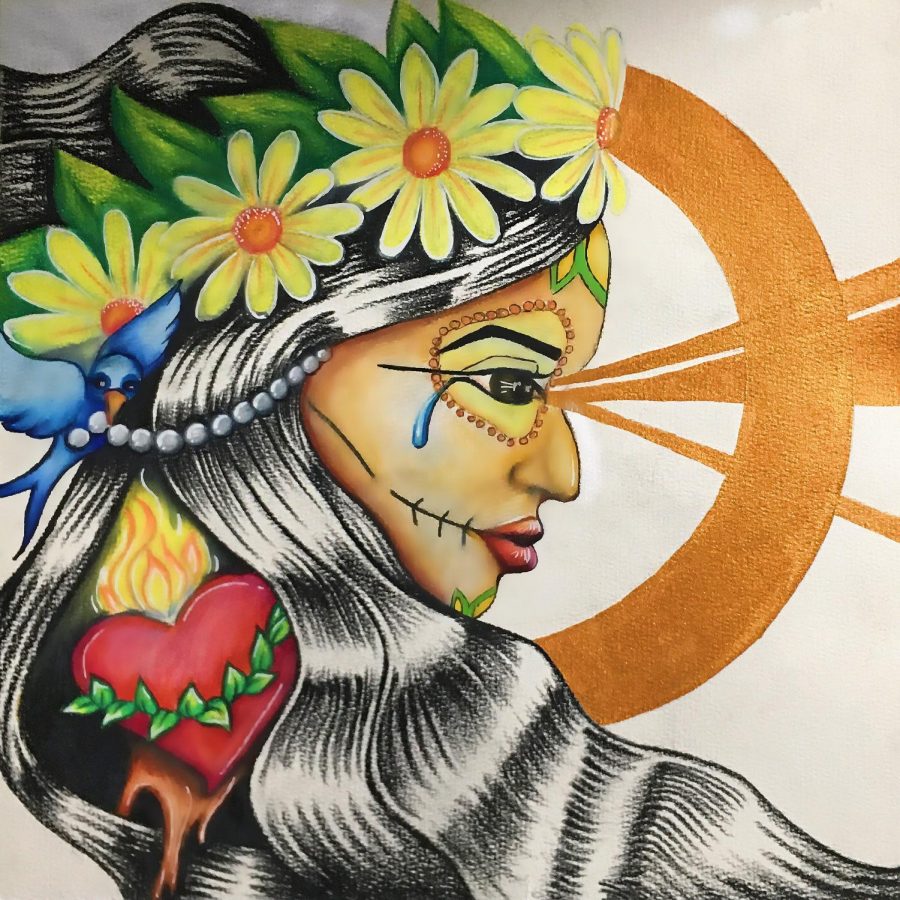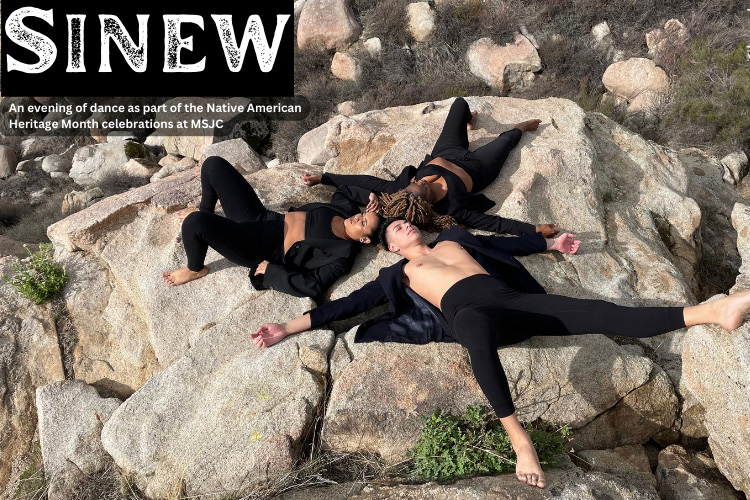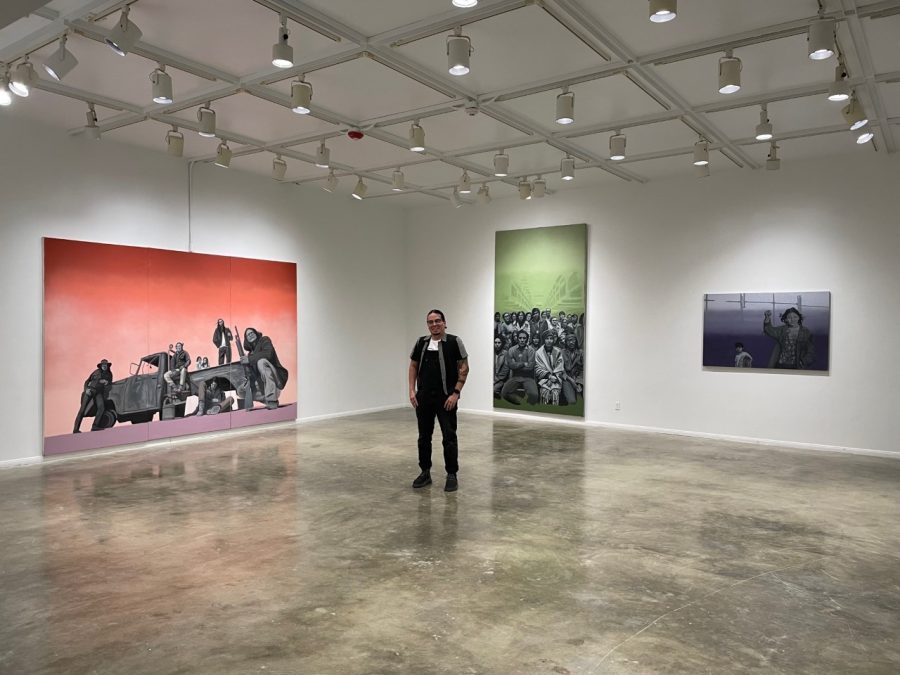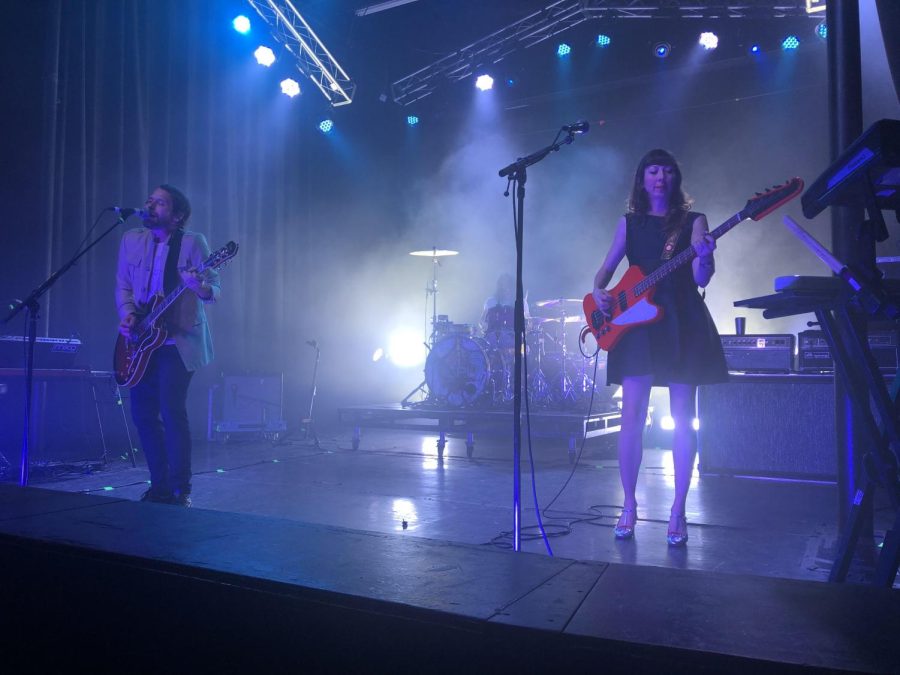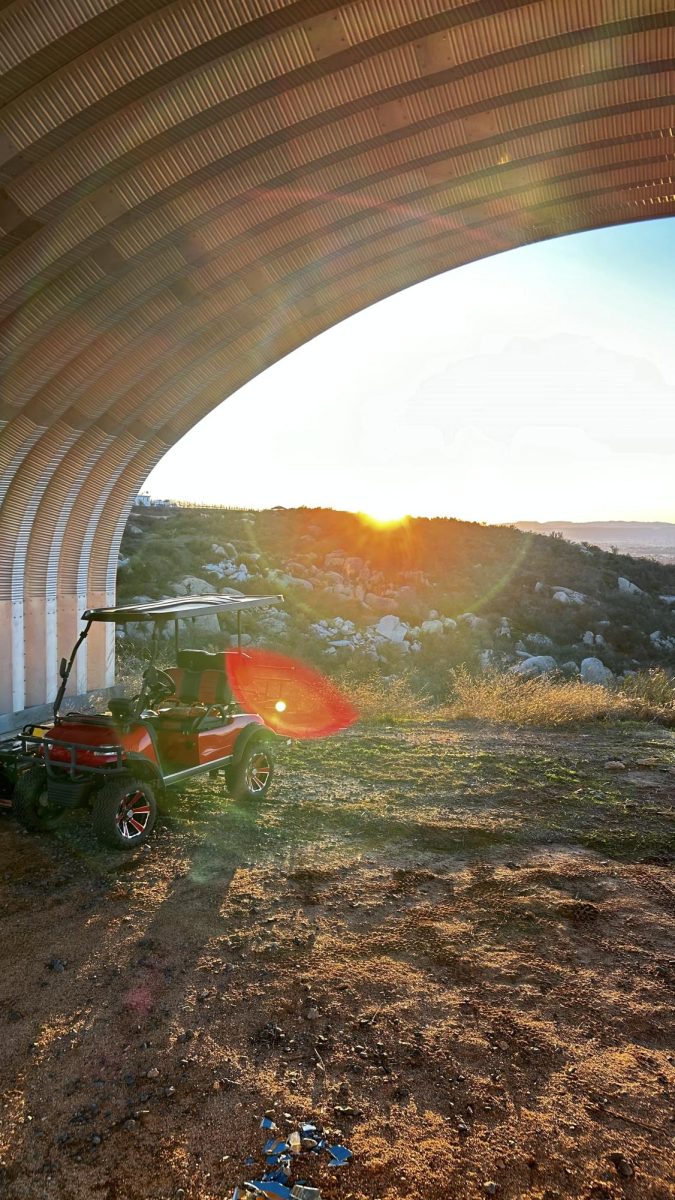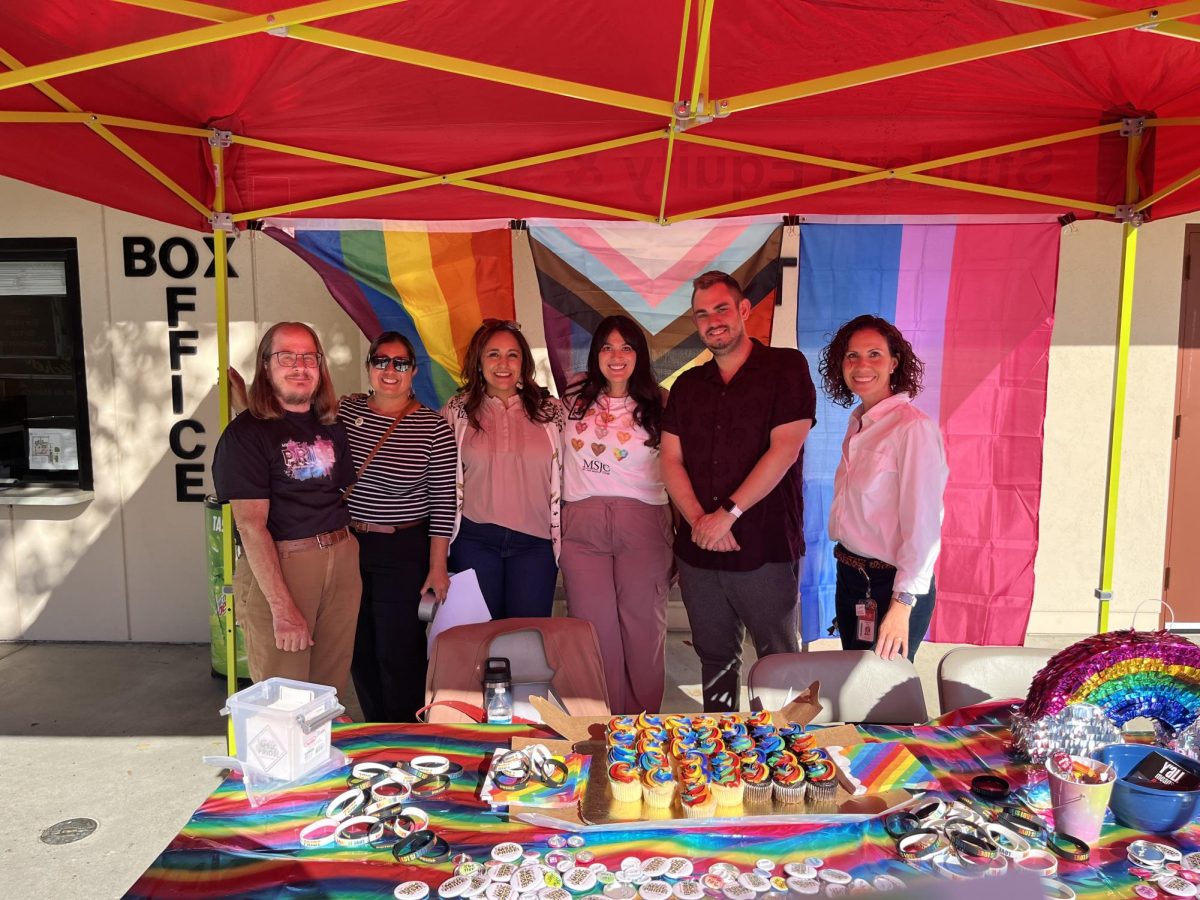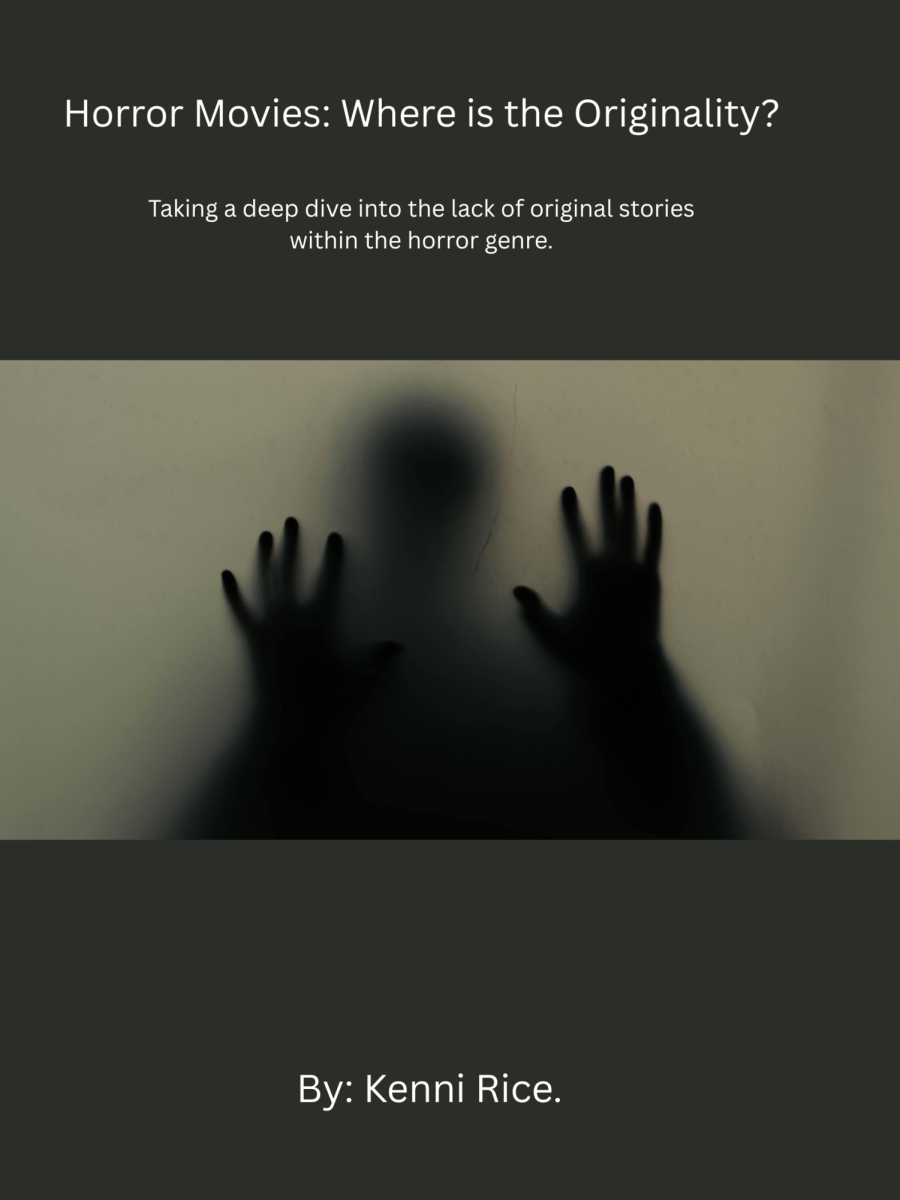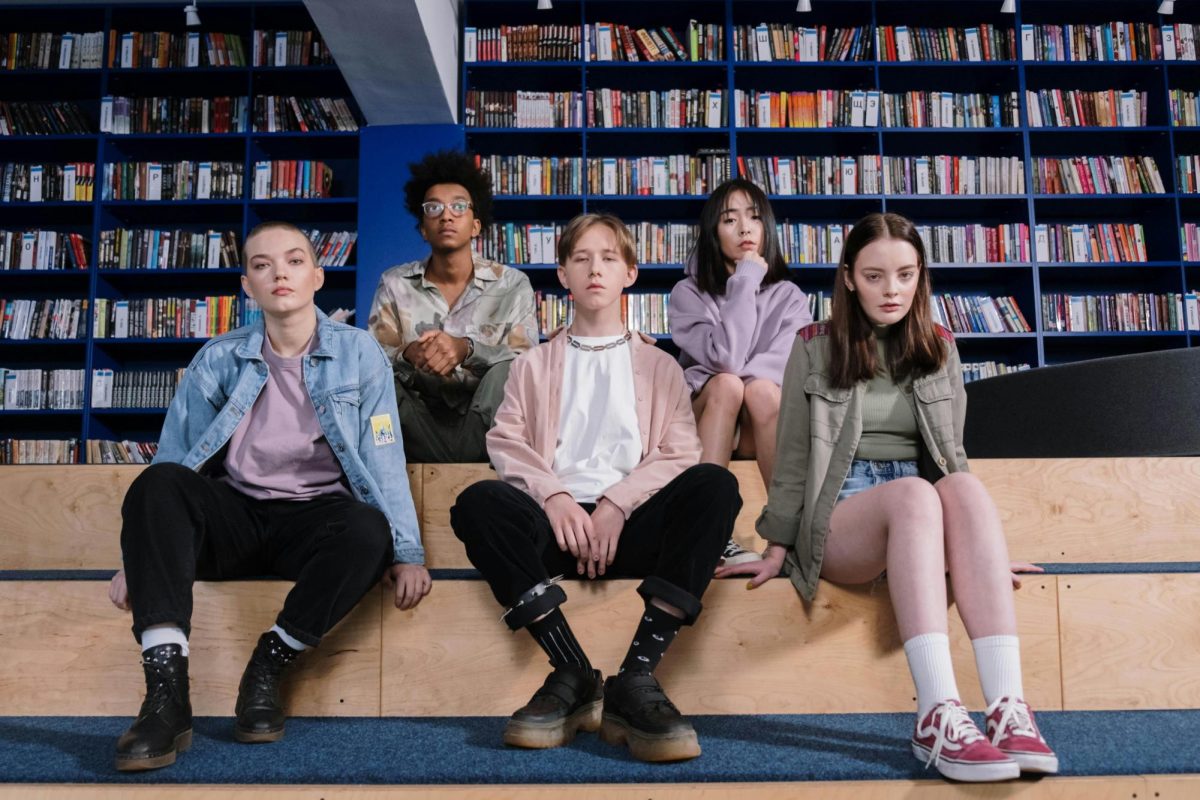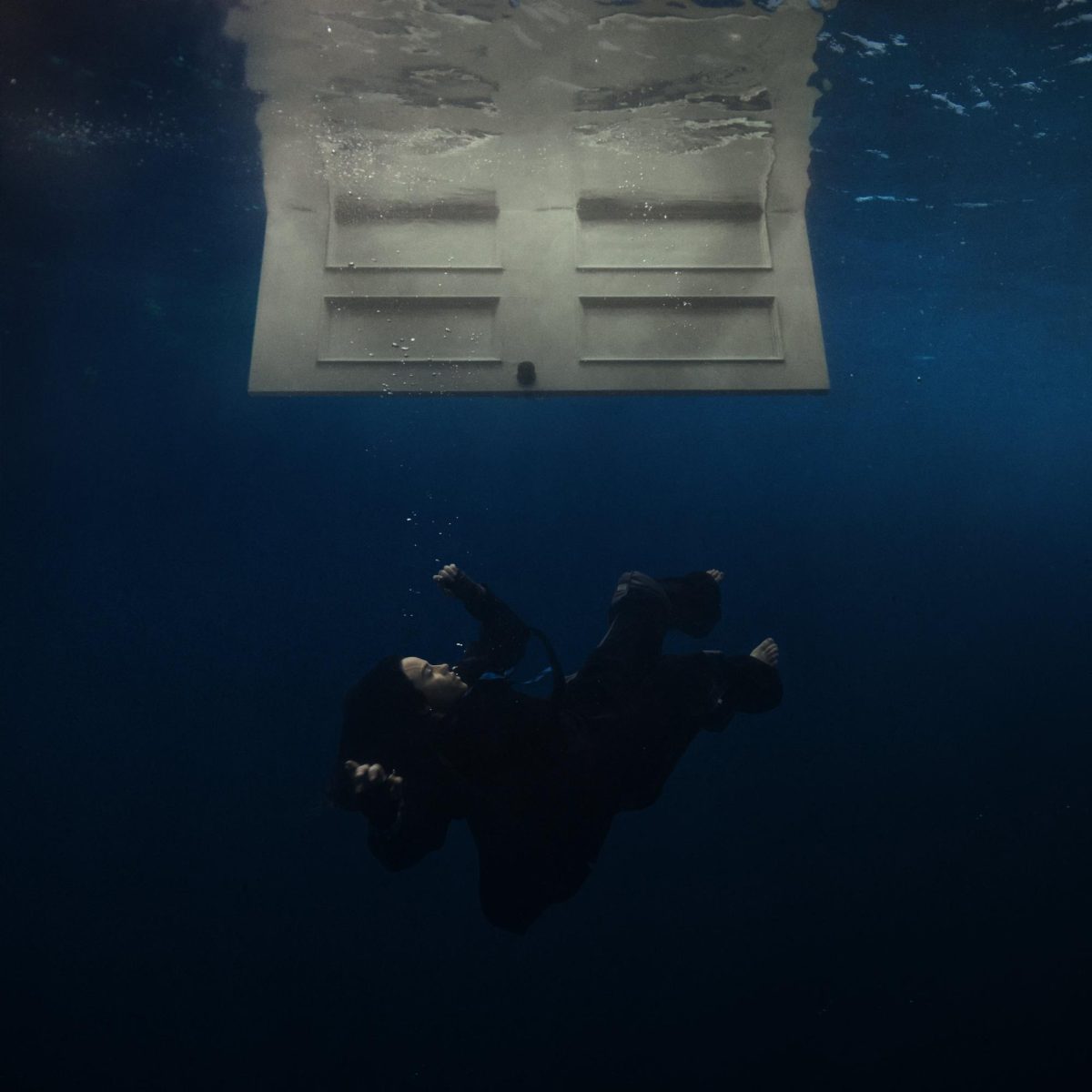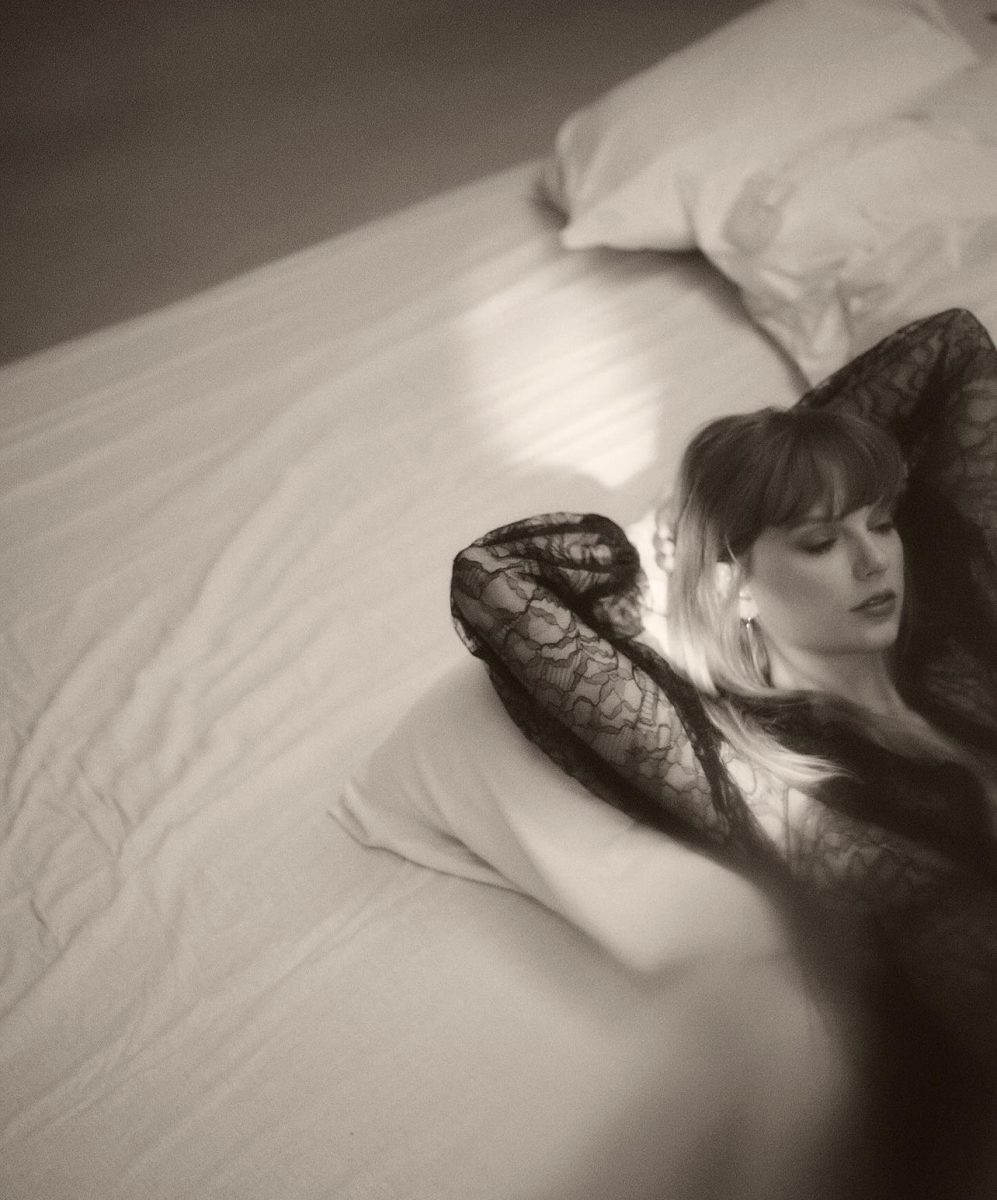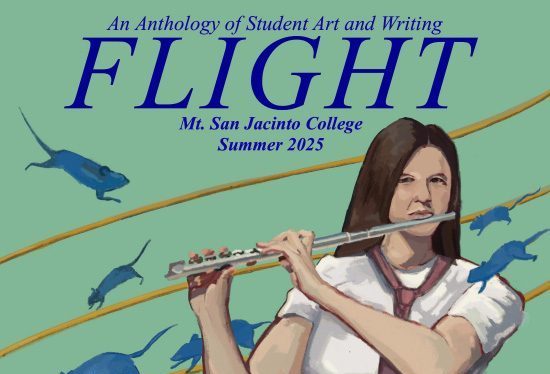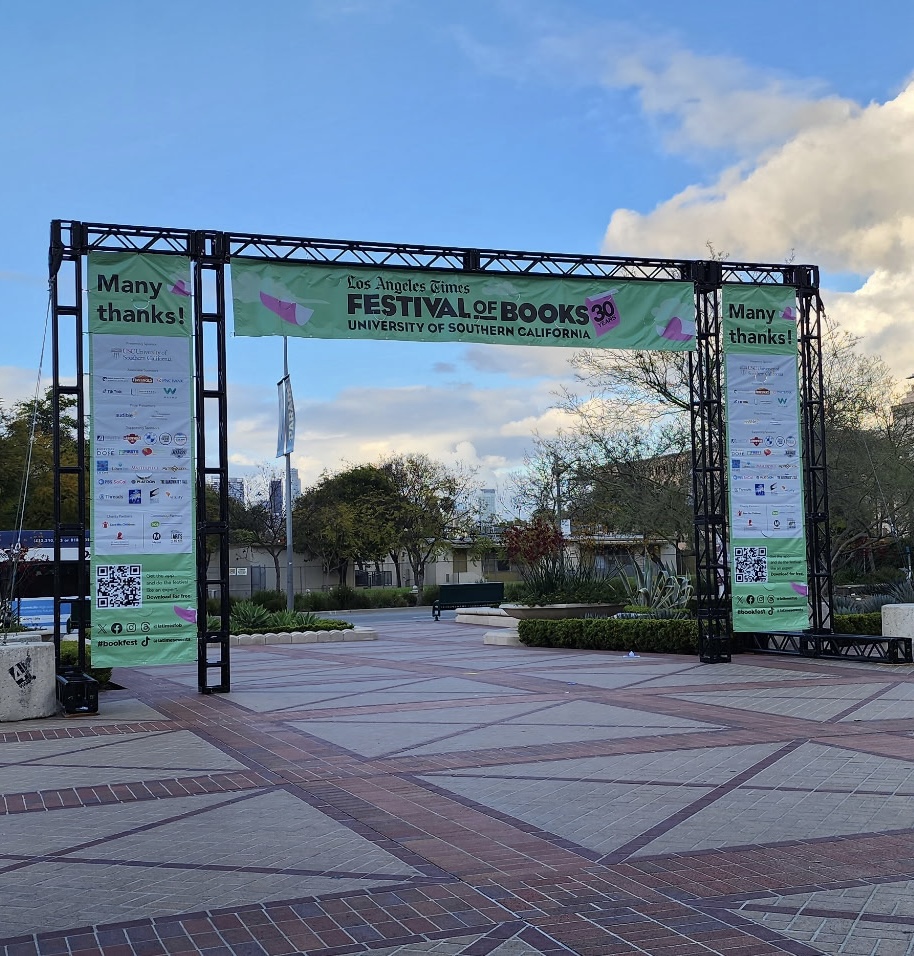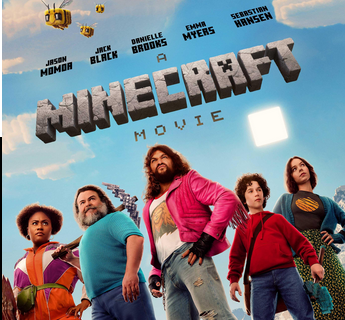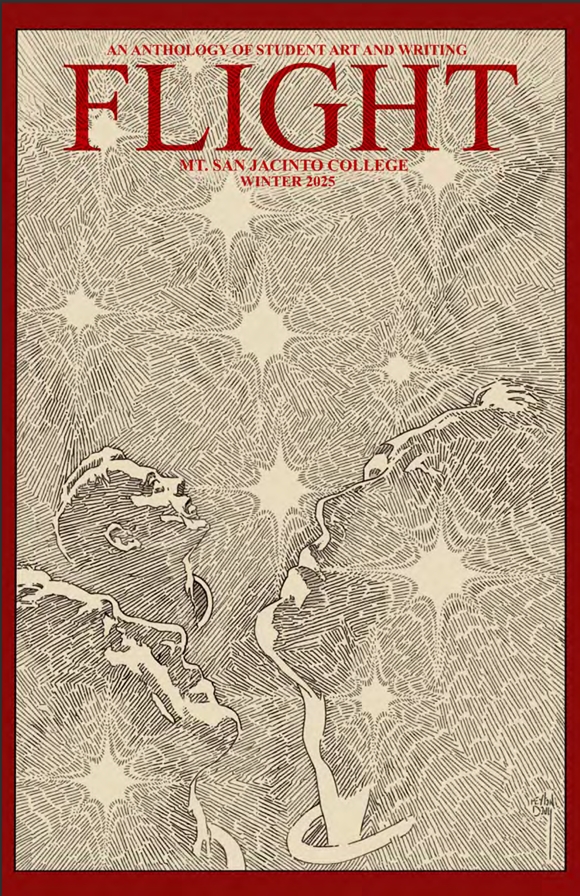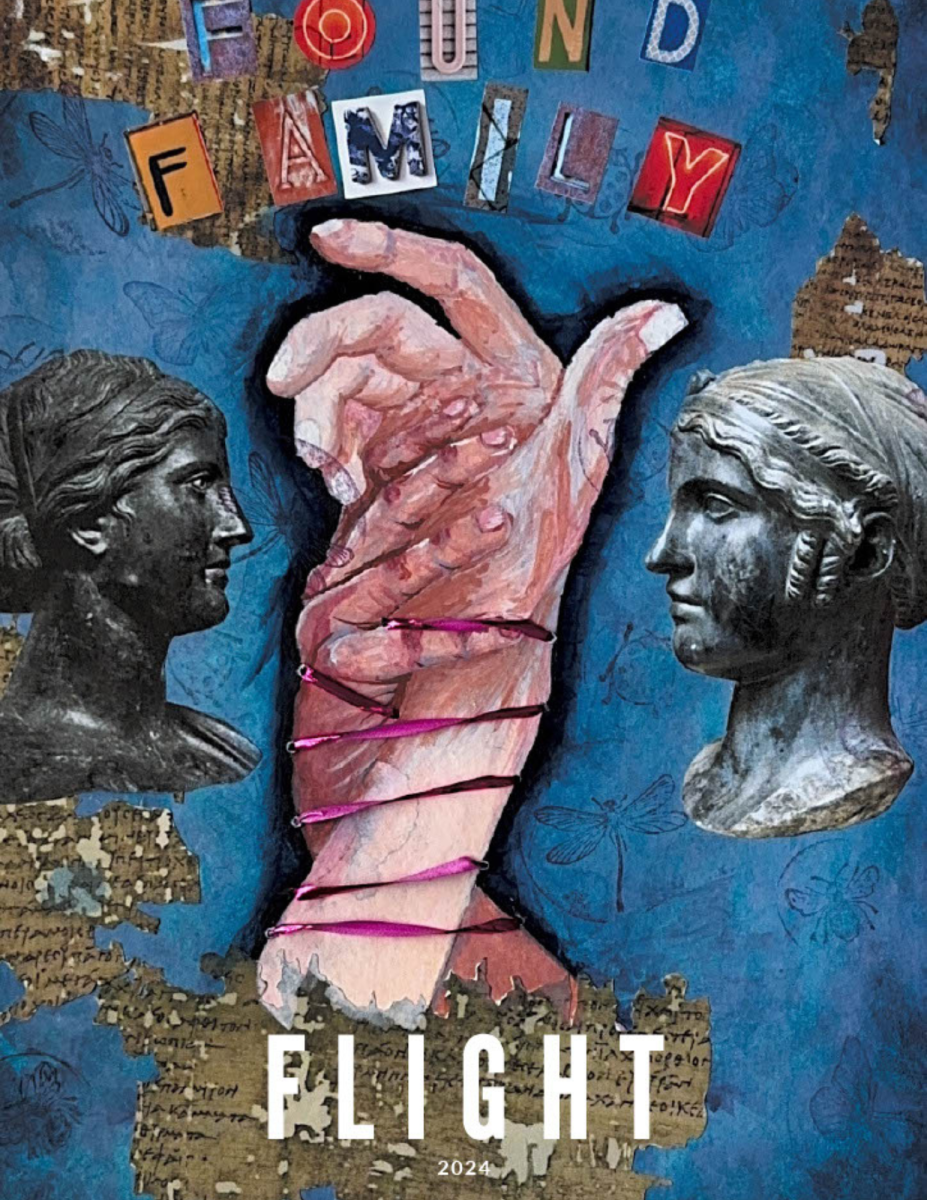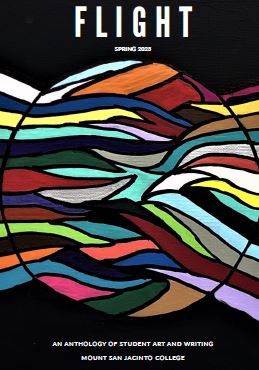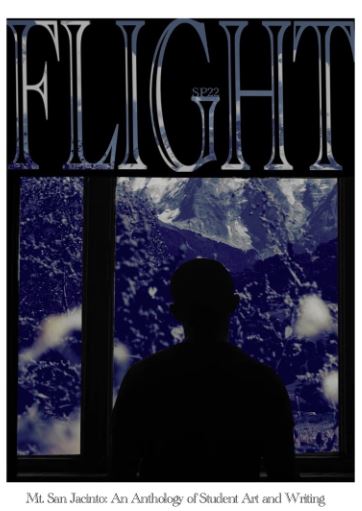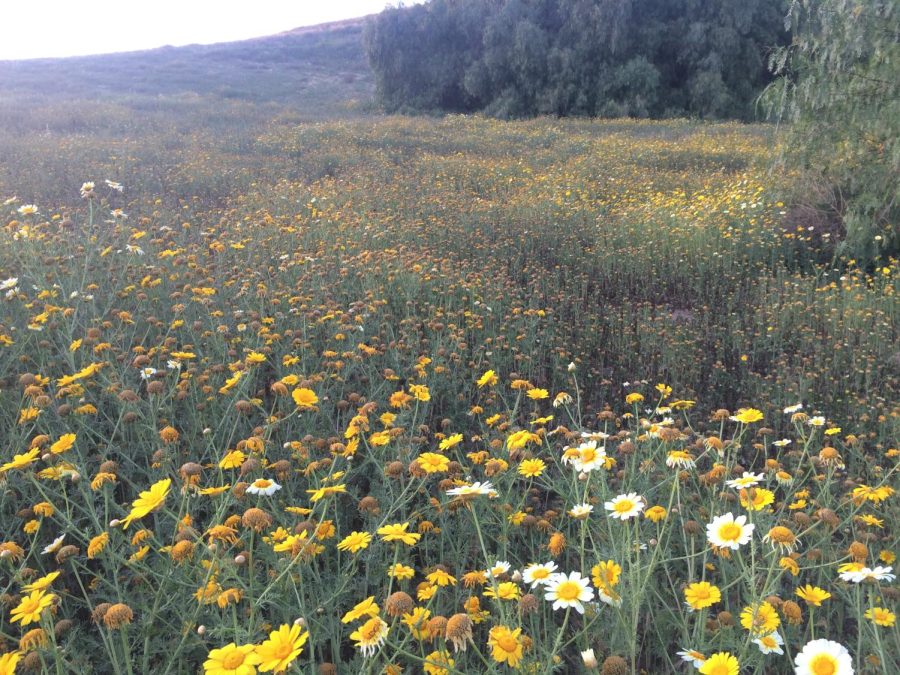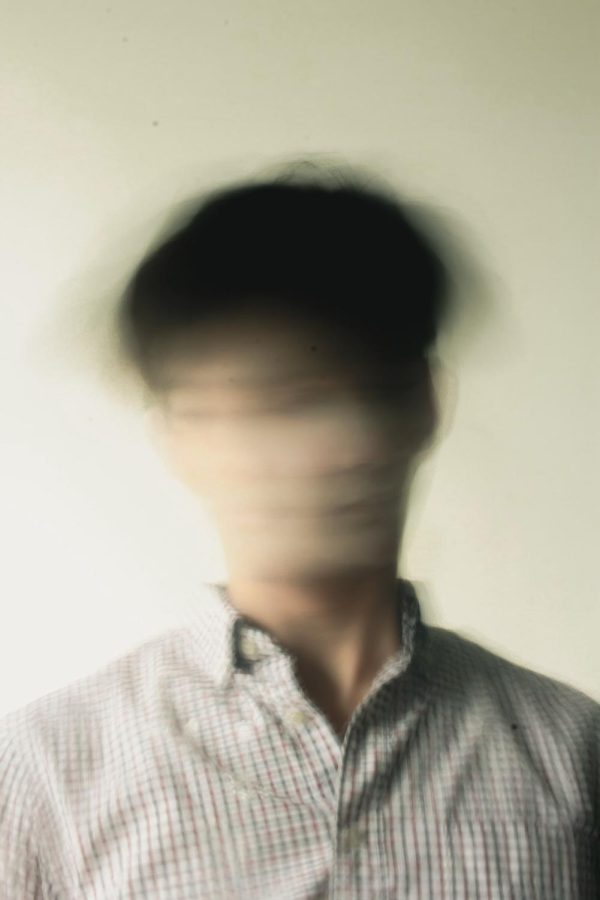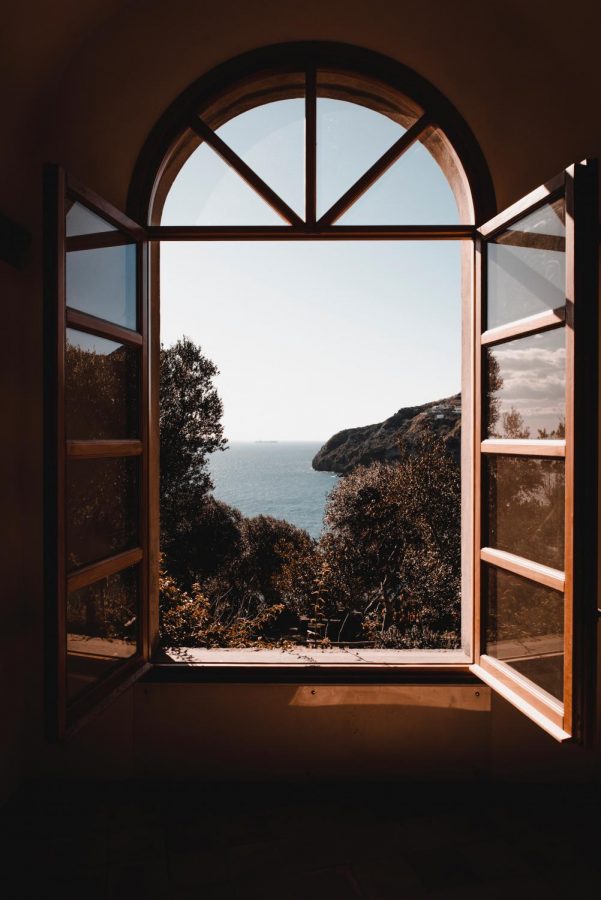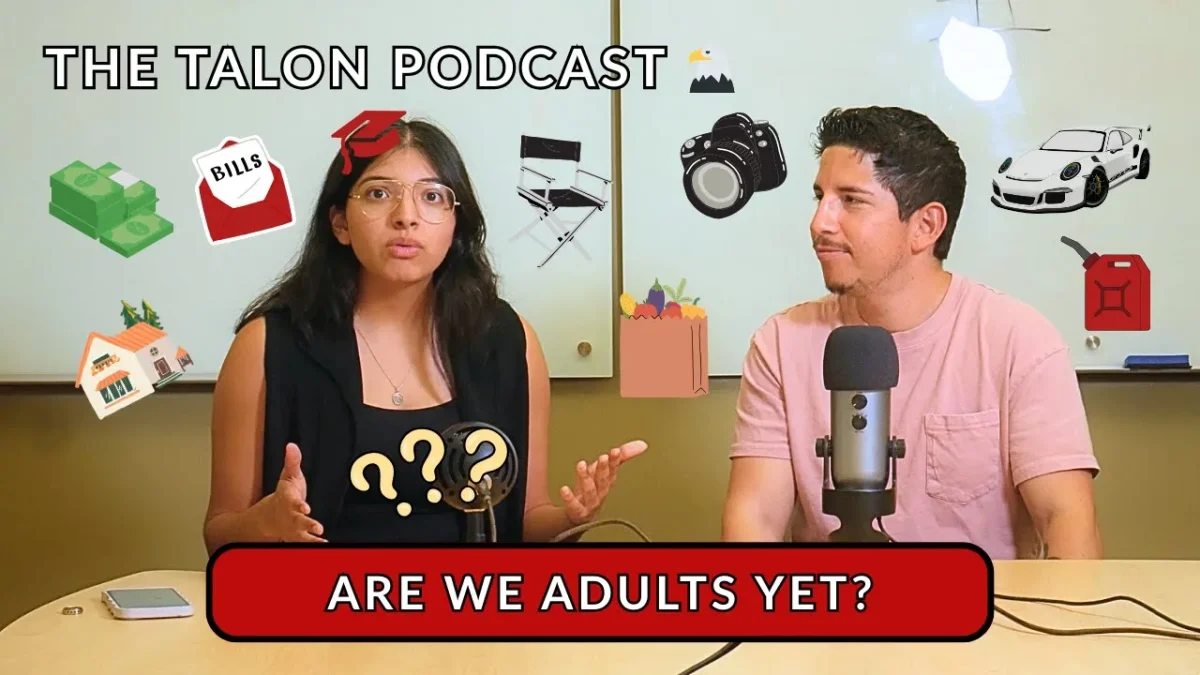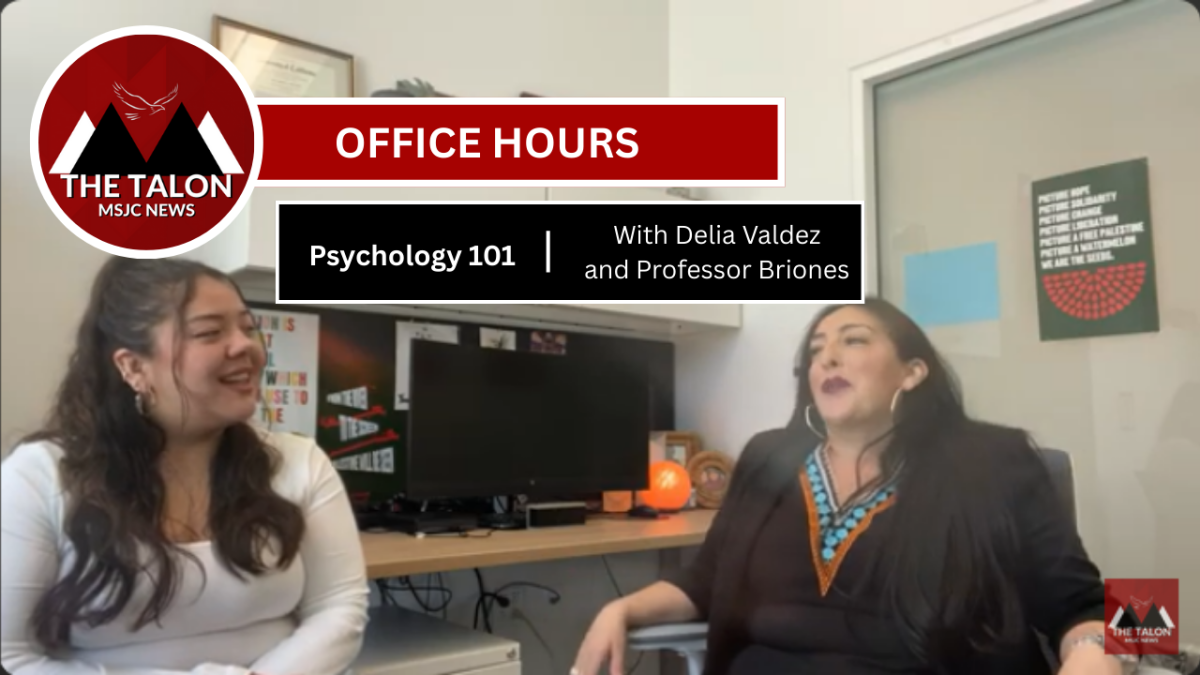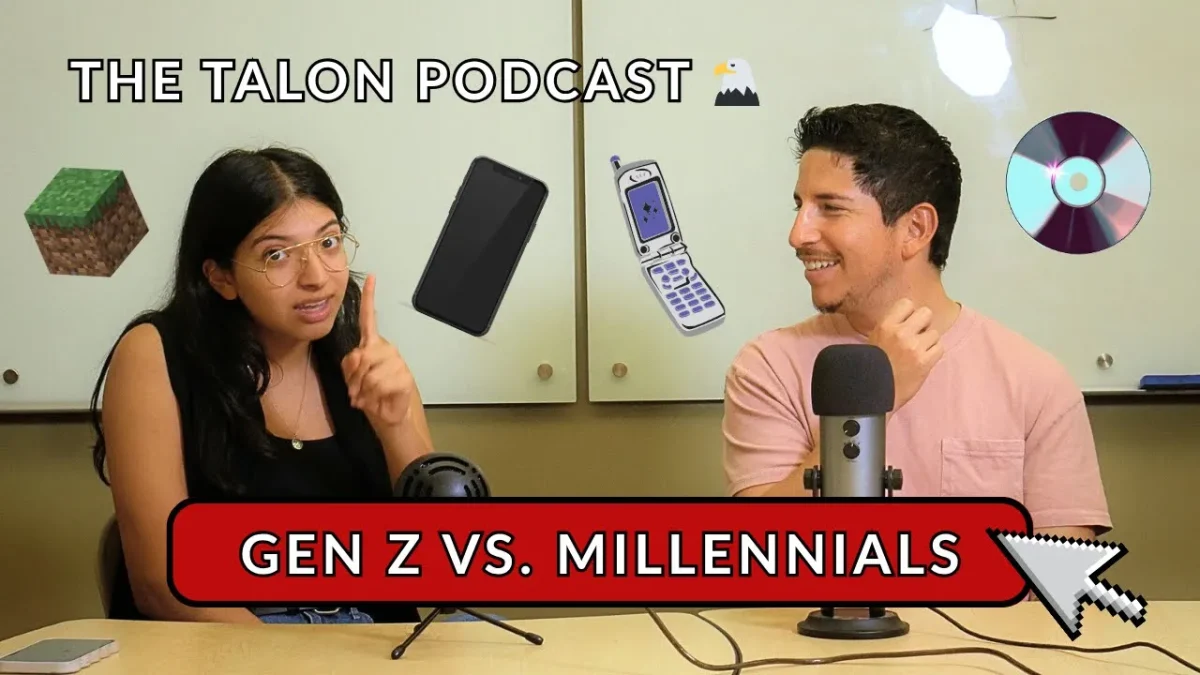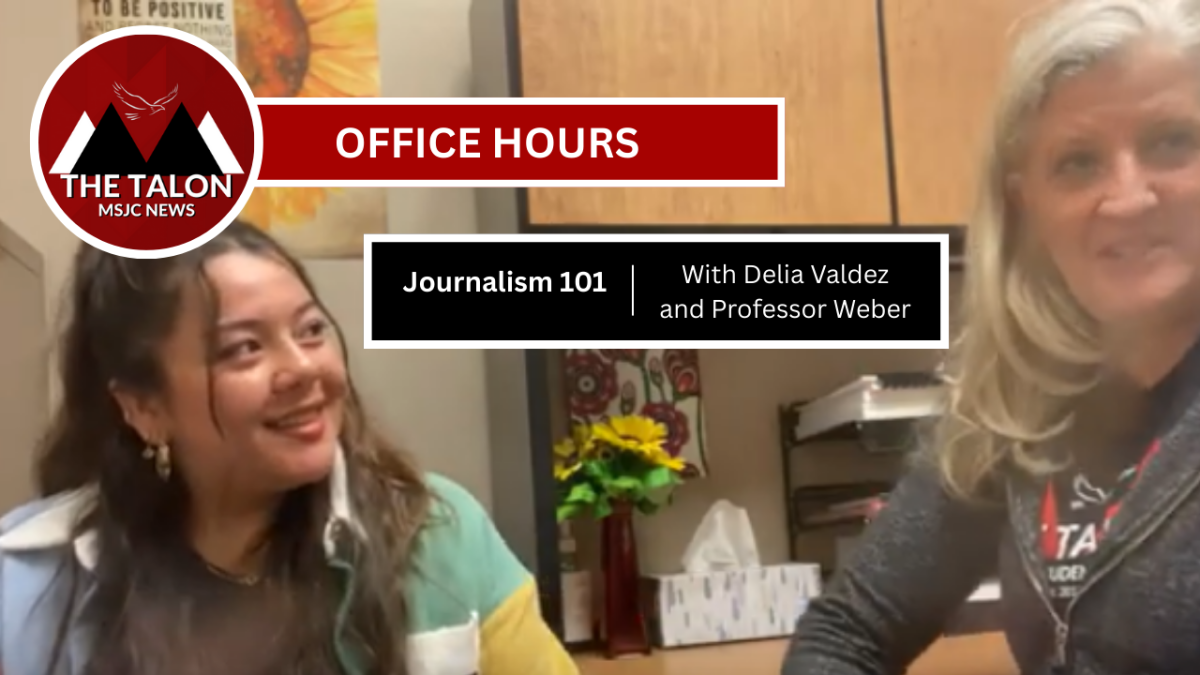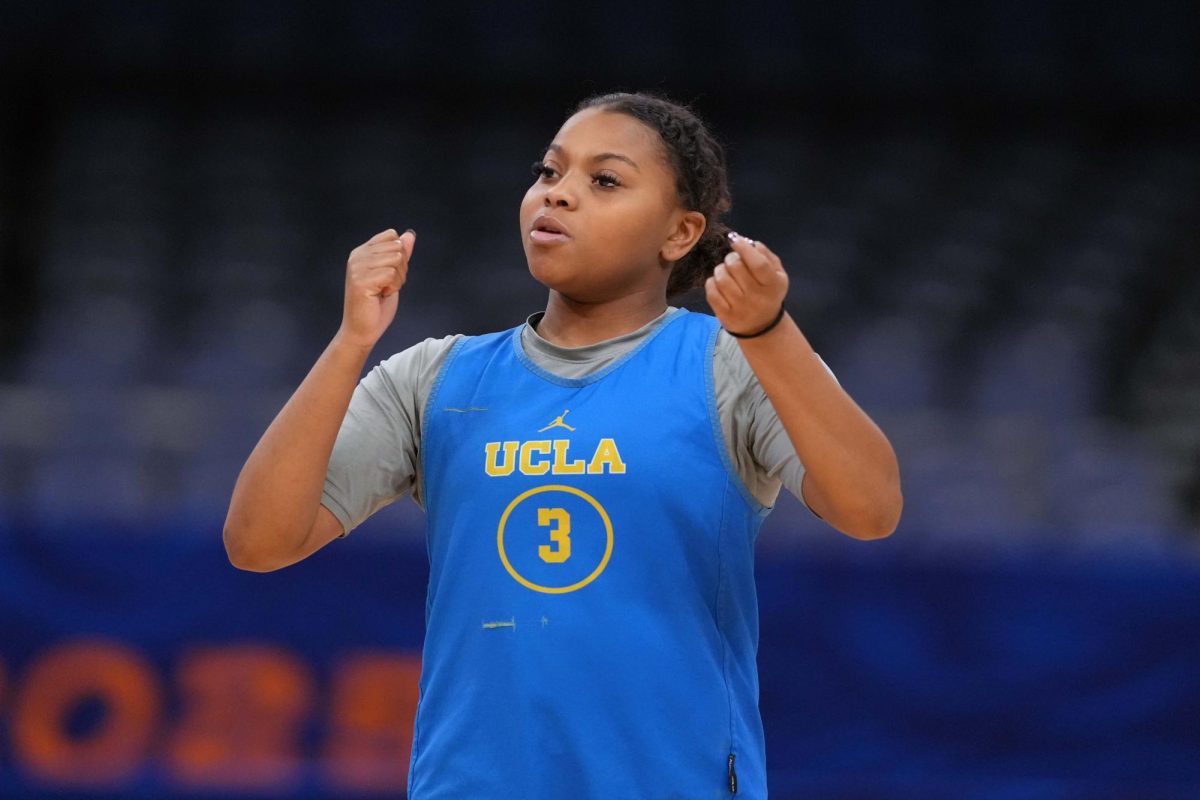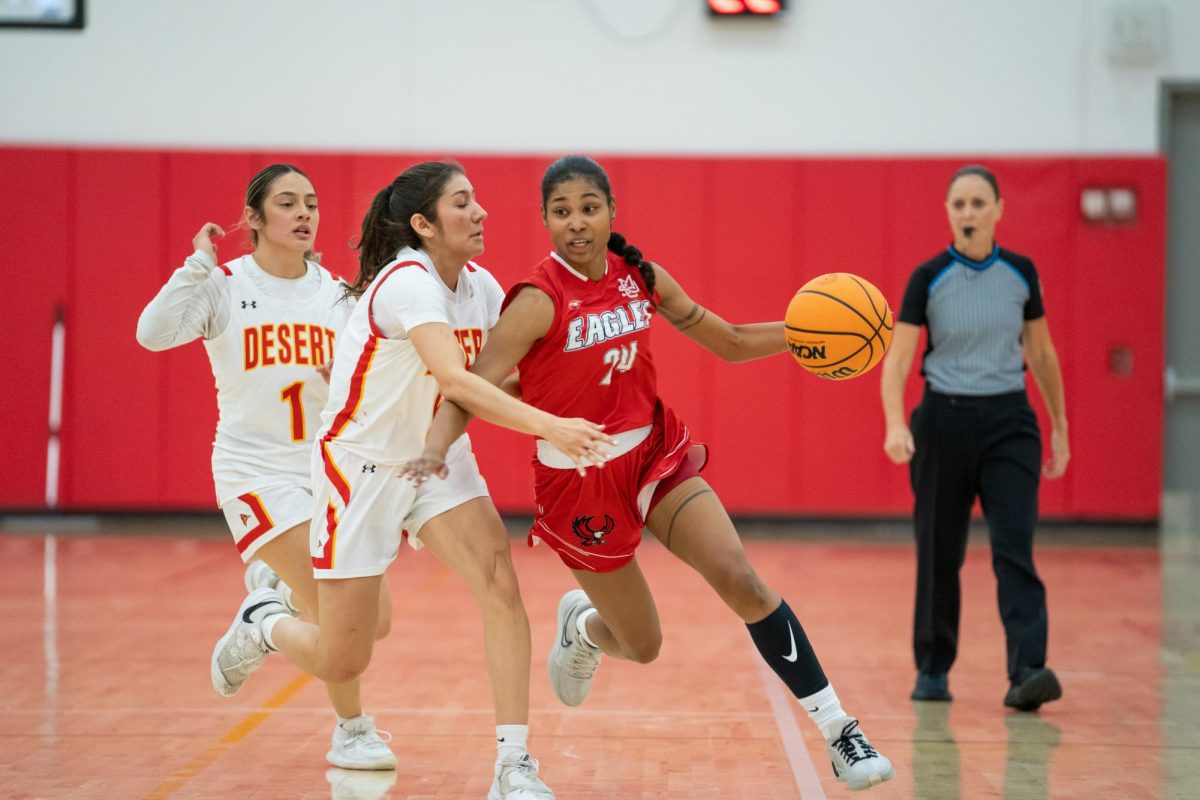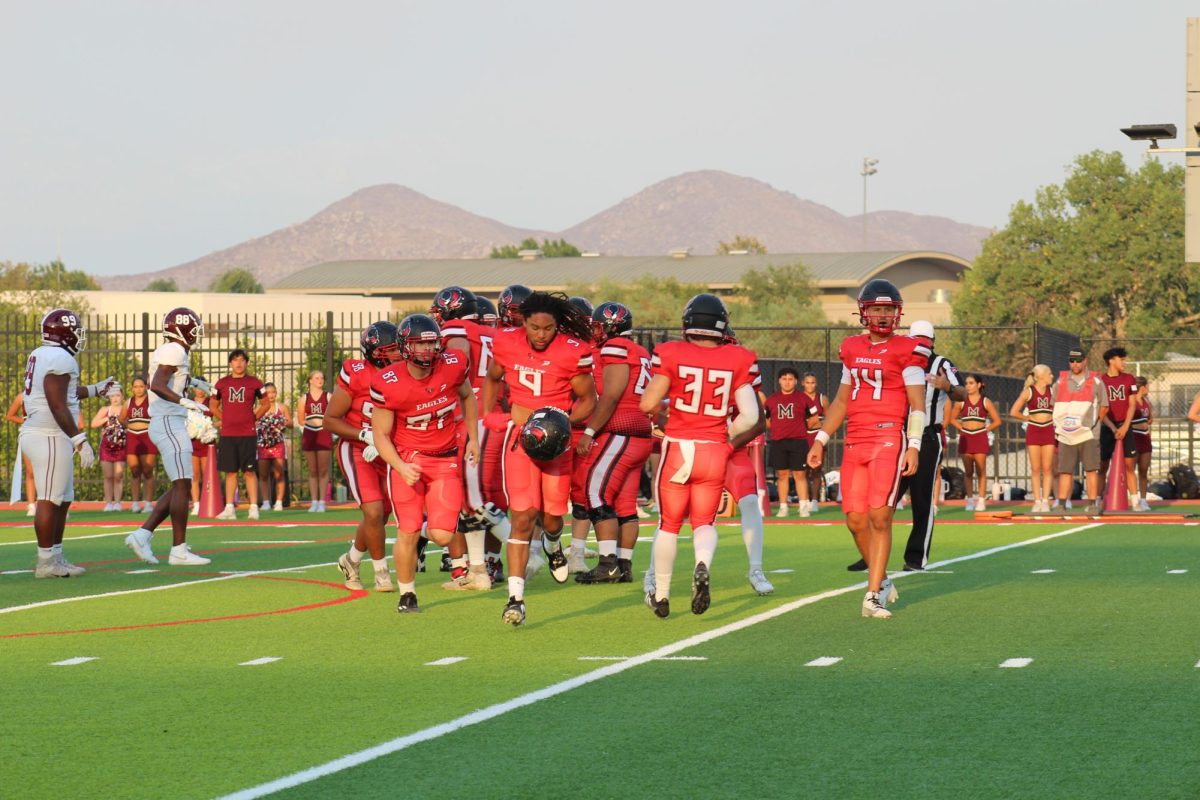By Jesus Alcala Avalos | Feb. 5, 2021

In the Spring of 2020, Mt. San Jacinto College closed its campuses due to the coronavirus pandemic. Classes that were normally in-person transitioned to online-only.
During the time that the campus was closed, Professor Chet Glaze was teaching Art Appreciation, Painting, Ceramics, and Sculpture. Art Appreciation was easily moved online as that course was mostly lectures and exams. The other courses were harder to transition to an online environment.
“Pretty much everything is harder to do online in Painting. There are so many nuanced things we discuss in class,” wrote Glaze.

Before the pandemic, Glaze would teach techniques in-person, enforce a good body posture, and pass around materials for students to feel and examine. In the online environment, techniques were taught through pre-recorded videos. Students could ask questions during the Zoom meetings. While body posture and materials could be discussed online, Glaze believes that the lack of a physical point of reference made an enormous difference to the students’ understanding of painting.
The final project was altered to use a study rather than a finished painting, and Glaze noted that his class was able to cover all of the planned coursework for painting.
Students in sculpture used materials they had available to create the sculptures for their assignments. Before the pandemic, students would have created a sculpture made out of bronze that required assistance from casting experts to create casts and pour the bronze. Glaze explained that the casts used in class required specific materials that are costly and not safe for students to store.

Without access to the kiln on campus, Ceramics transitioned to a research-heavy course where students researched the chemical processes involved in the glazing and firing of ceramics and an artist research project.
“The issue really was that the ceramics students did not sign up for exclusive research so they were very unmotivated,” wrote Glaze.
Courses that required the use of MSJC’s facilities like Ceramics and Sculpture were cancelled for the Fall 2020 semester while courses like Painting, Digital Art, and Art Appreciation would be available for the Fall semester.
Although enrollment and retention are good for Glaze’s Fall semester, he has concerns about how many students will want to continue art through online instruction.
“Most of our studio students are so fatigued from videos and lack of direct instruction that I am not sure how many of them will take studio courses in the Spring,” wrote Glaze.

While Glaze will work with the Art Department to create a better online environment, he believes that MSJC has an obligation to invest in technology for students to be able to pursue an online education.
“I am hopeful that we as faculty can adapt well enough to make the Spring better than Fall but we will have to wait and see,” wrote Glaze.


